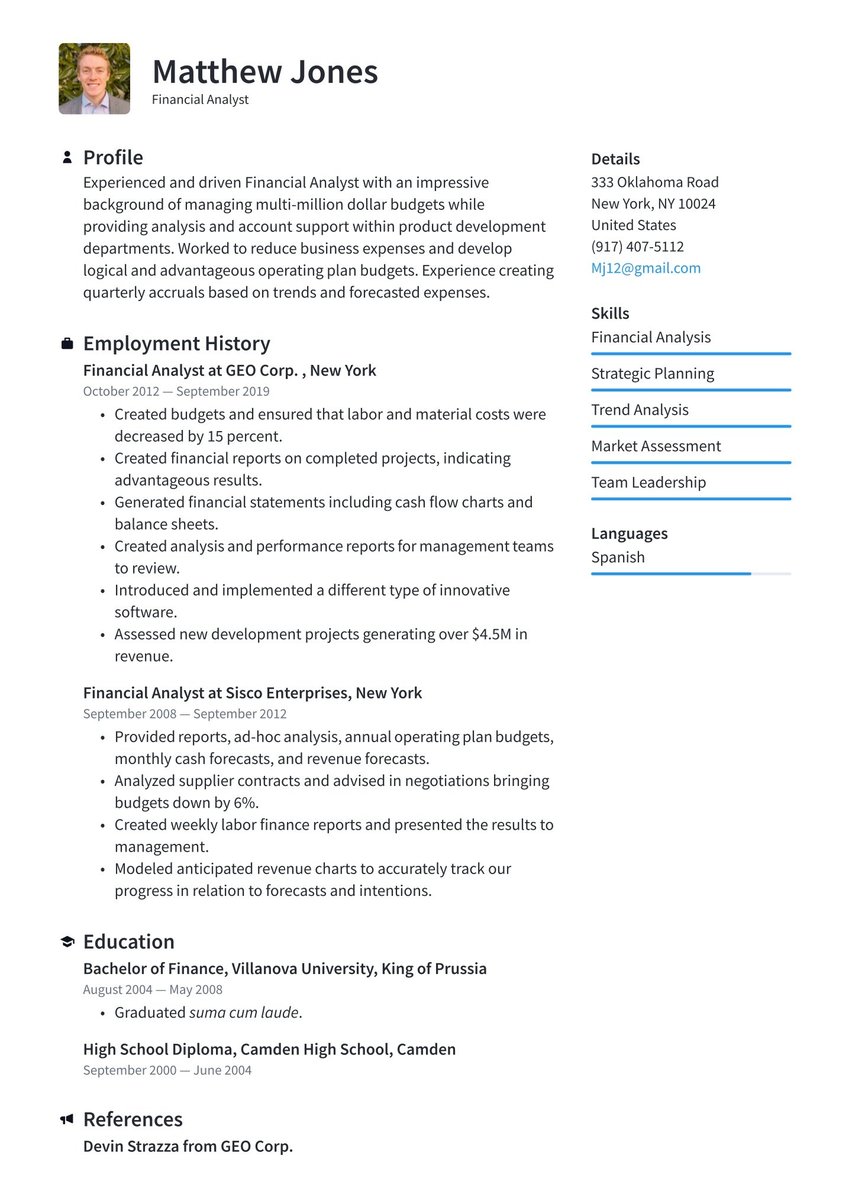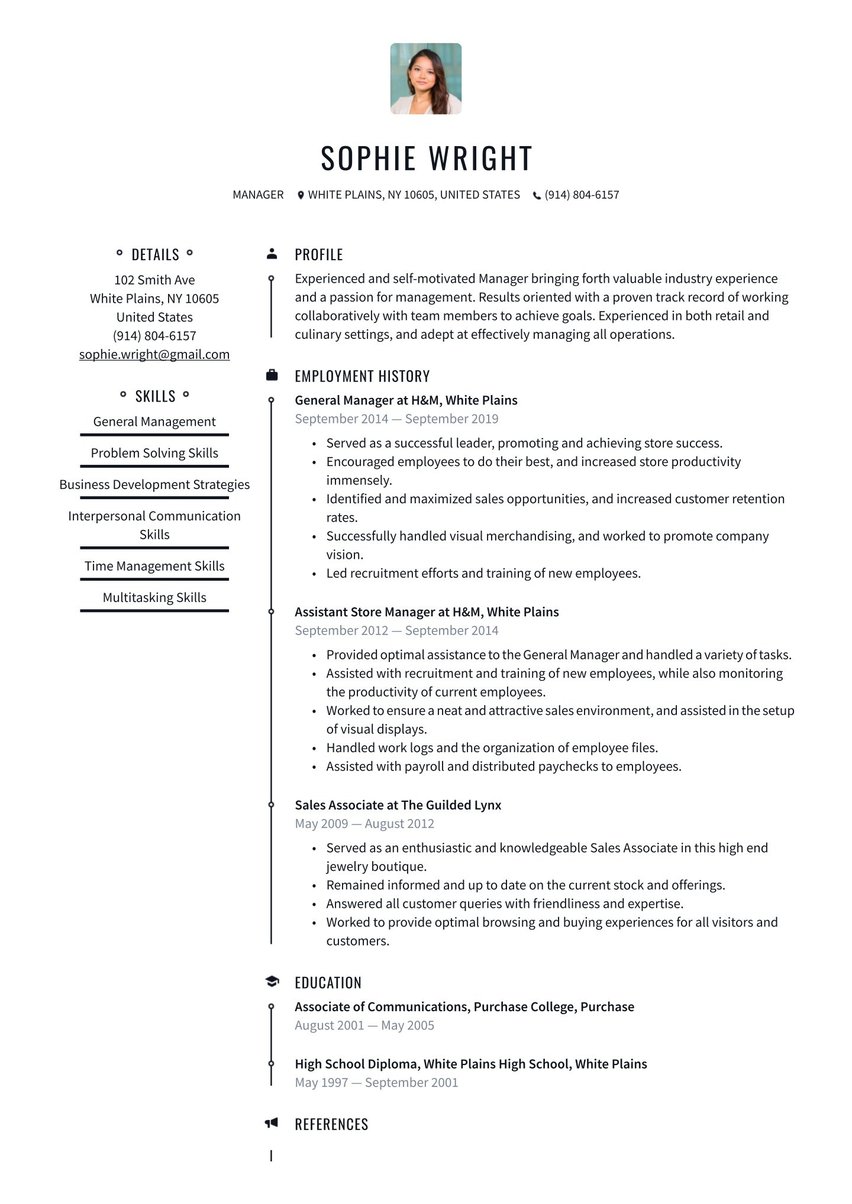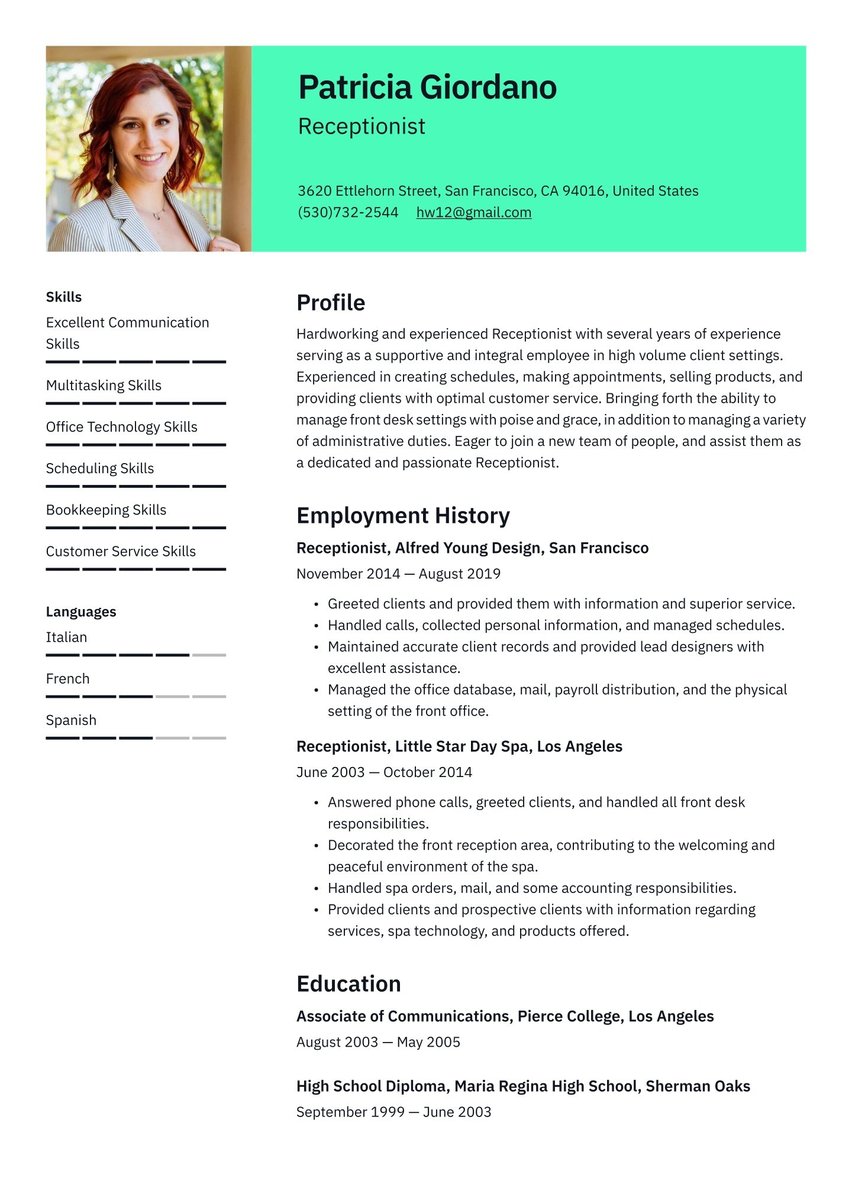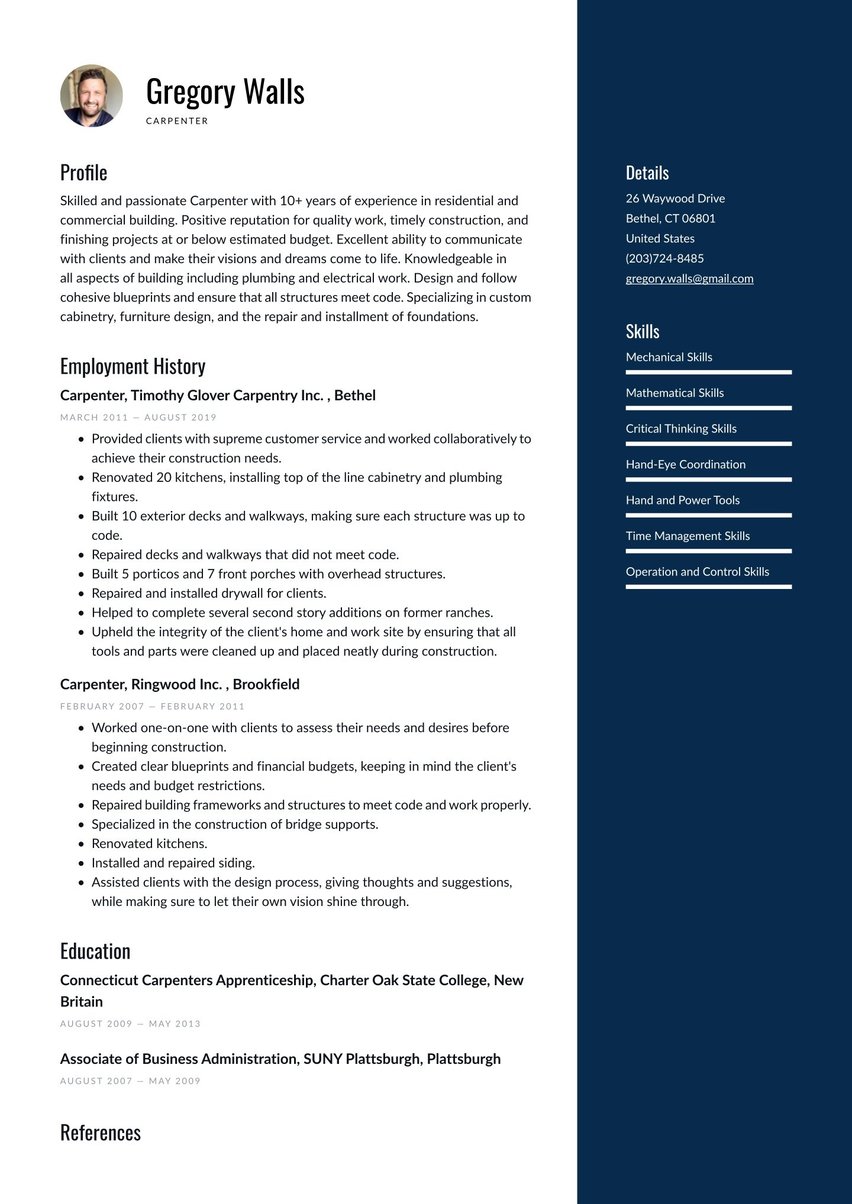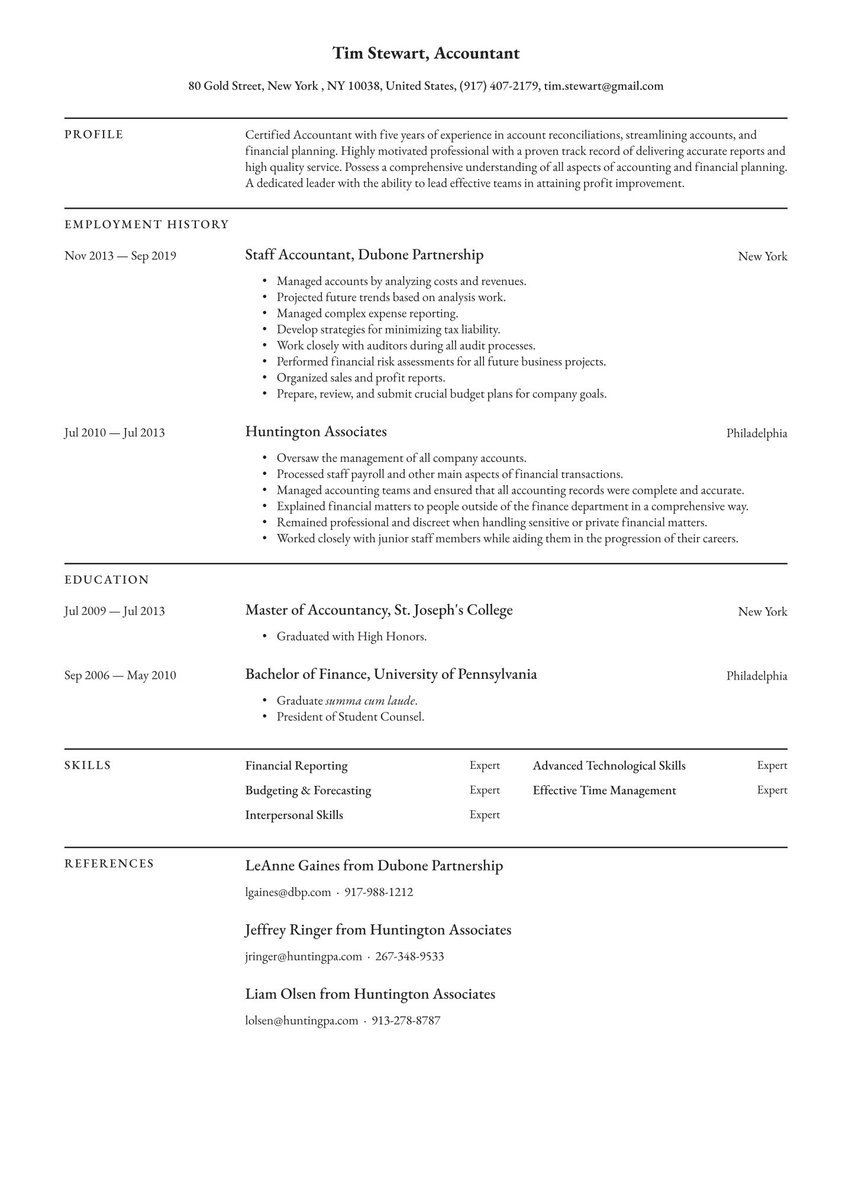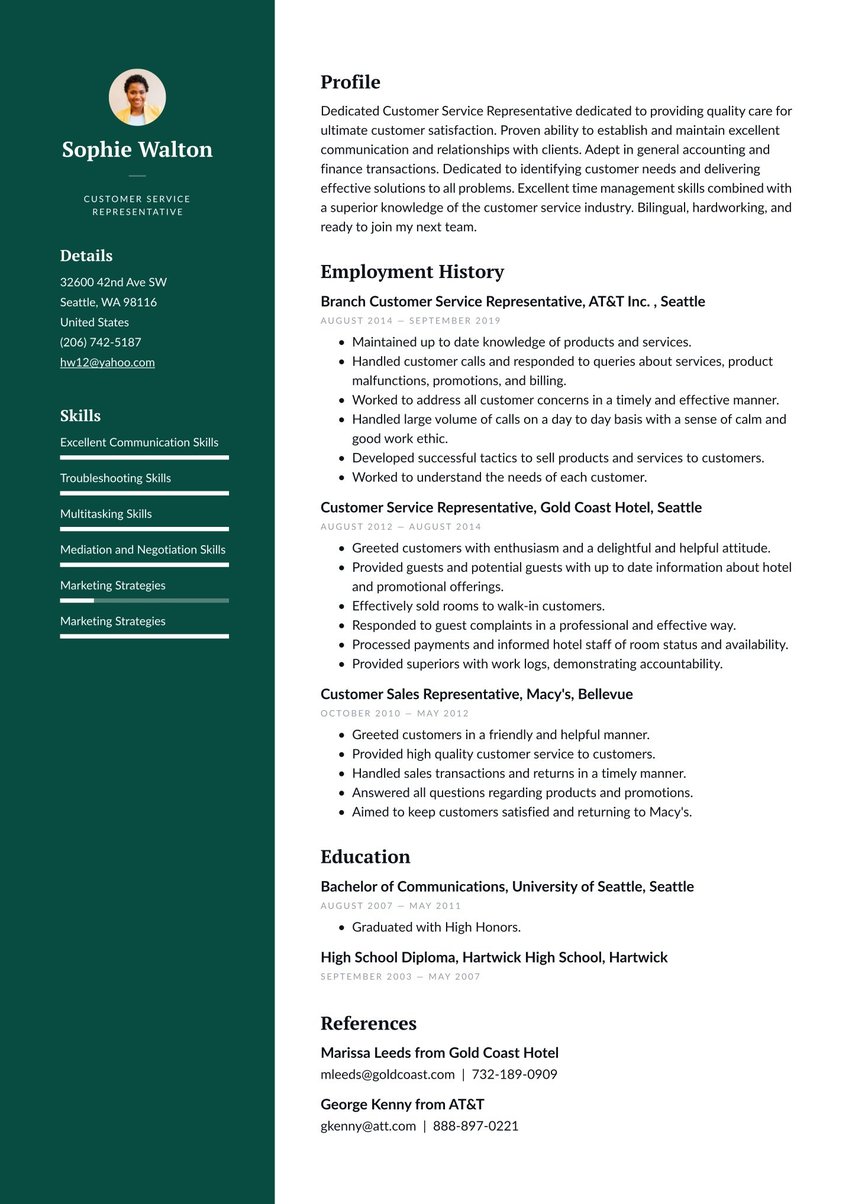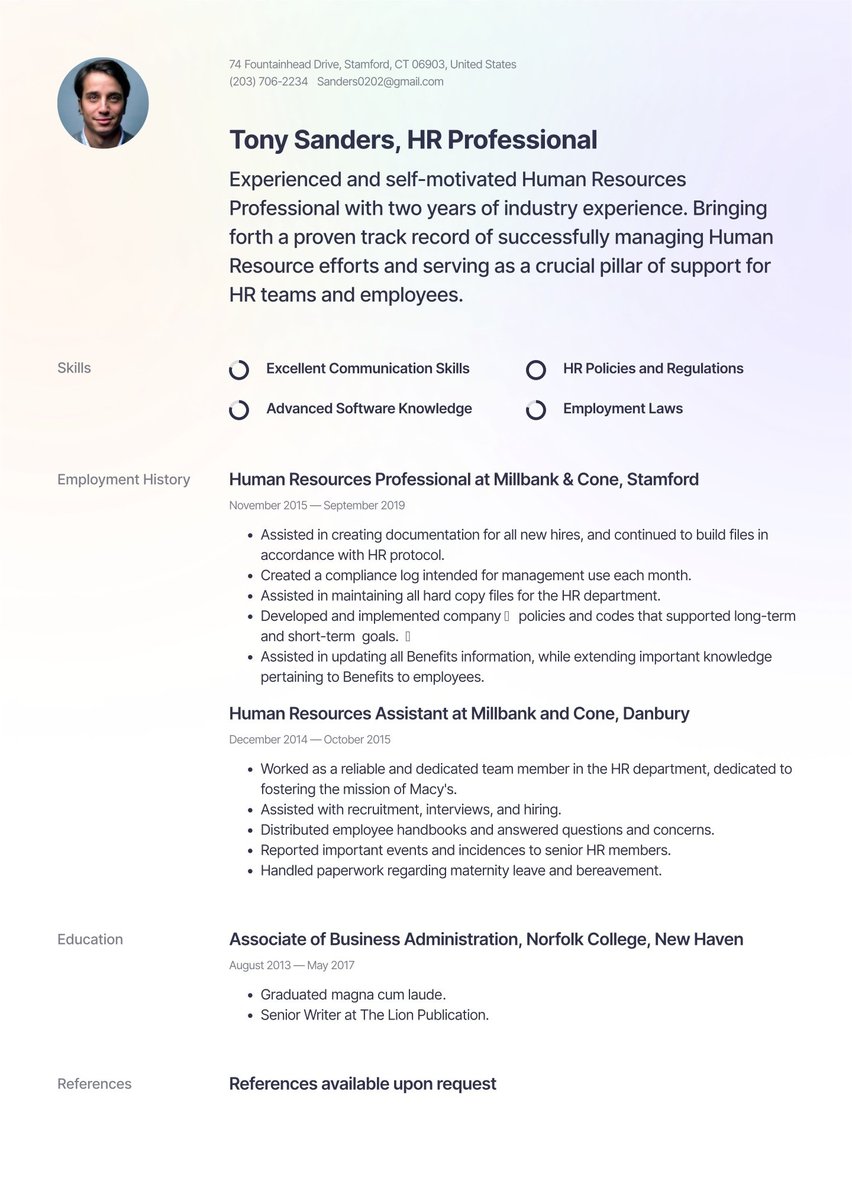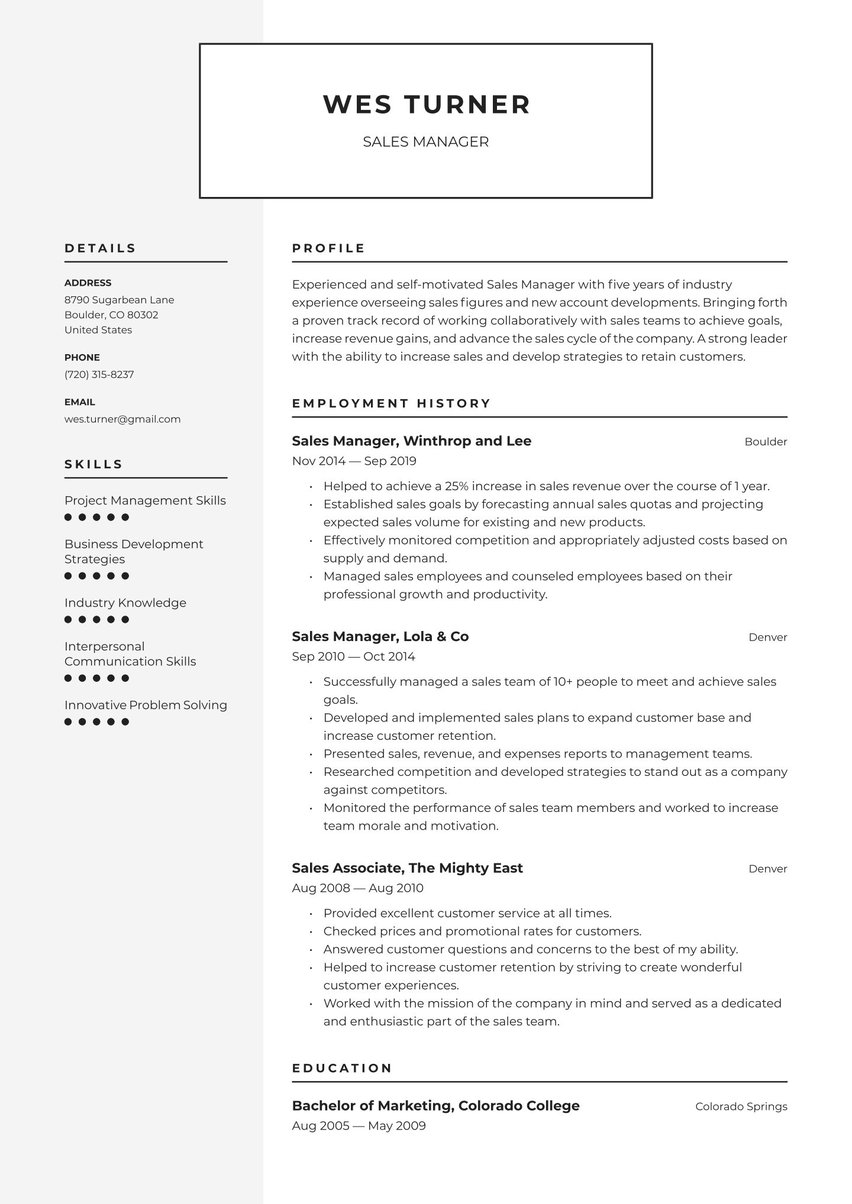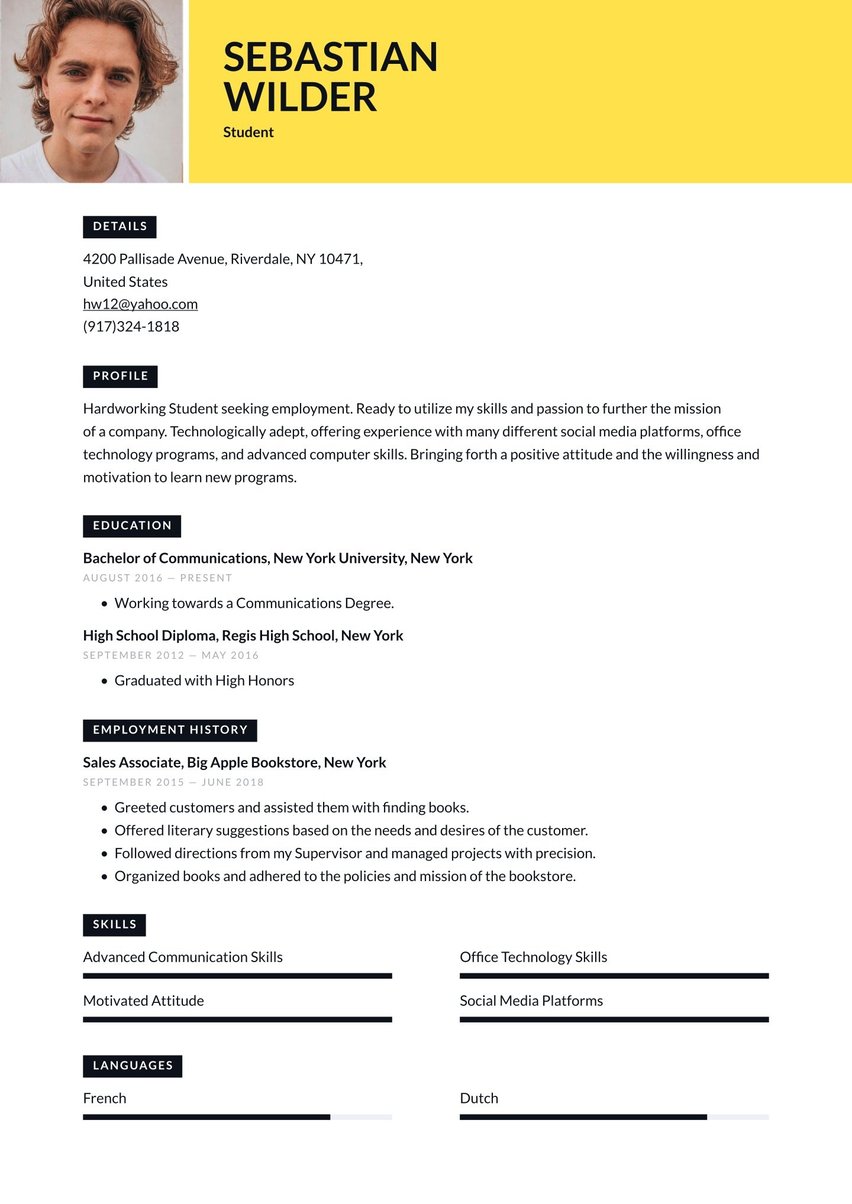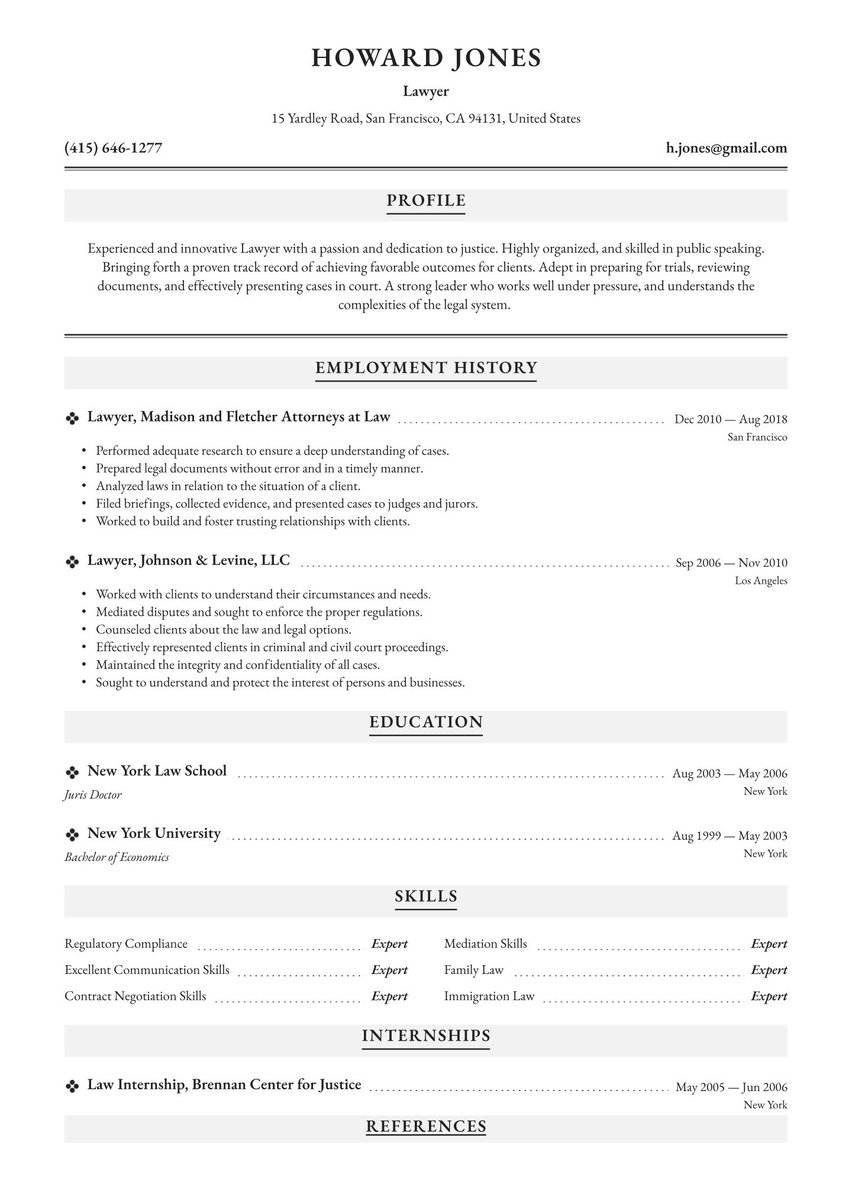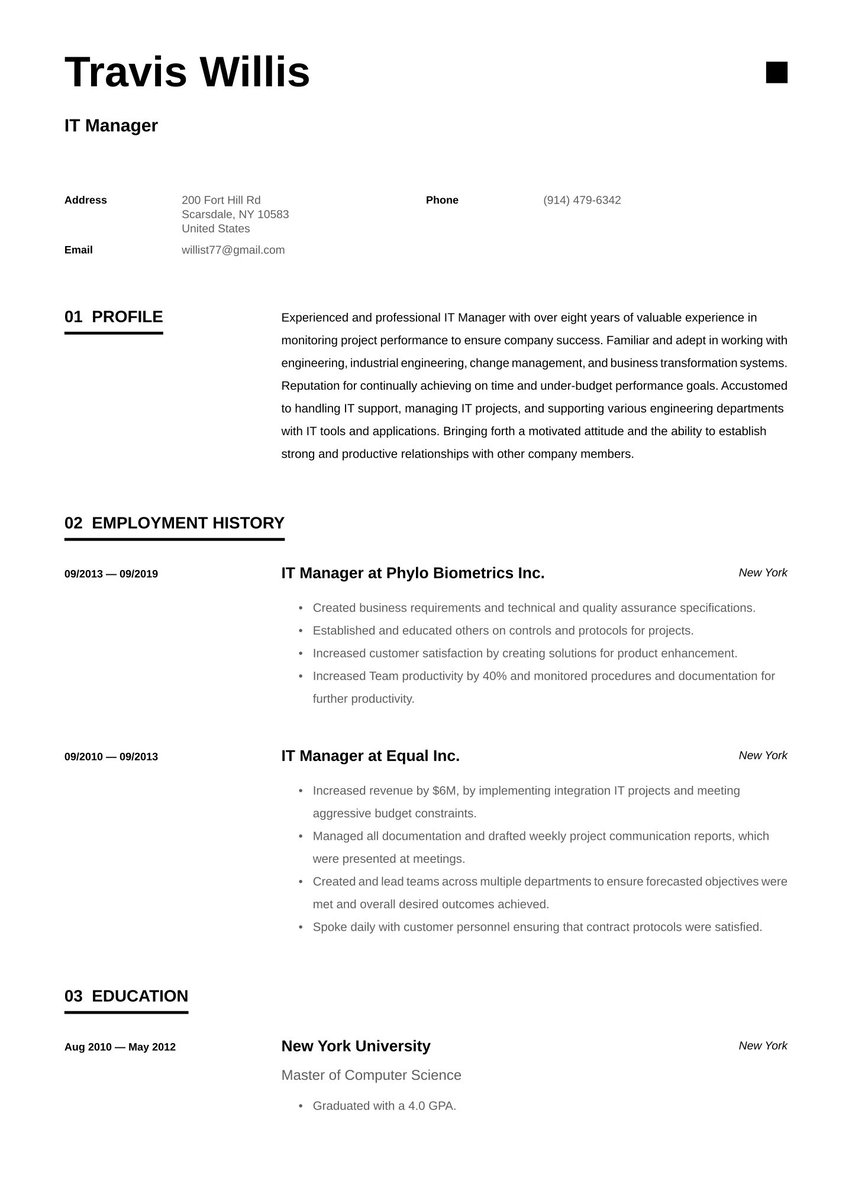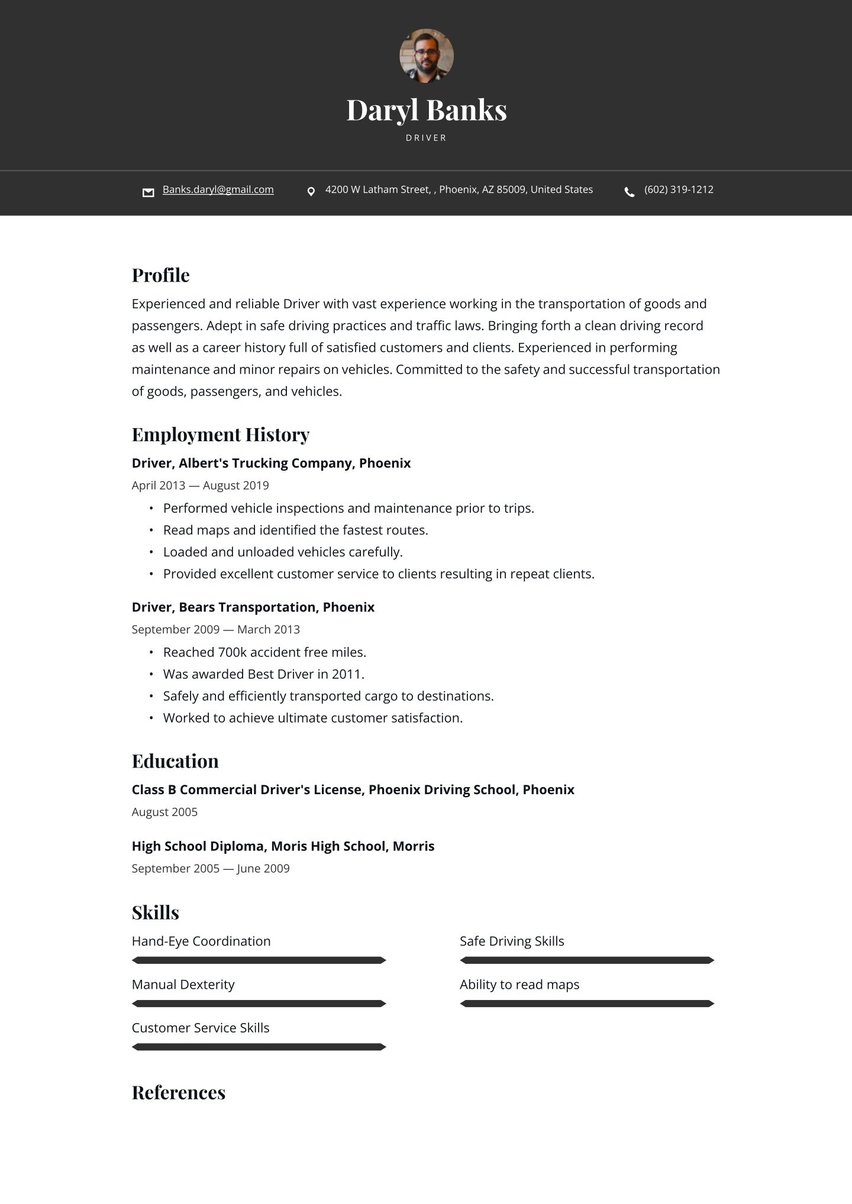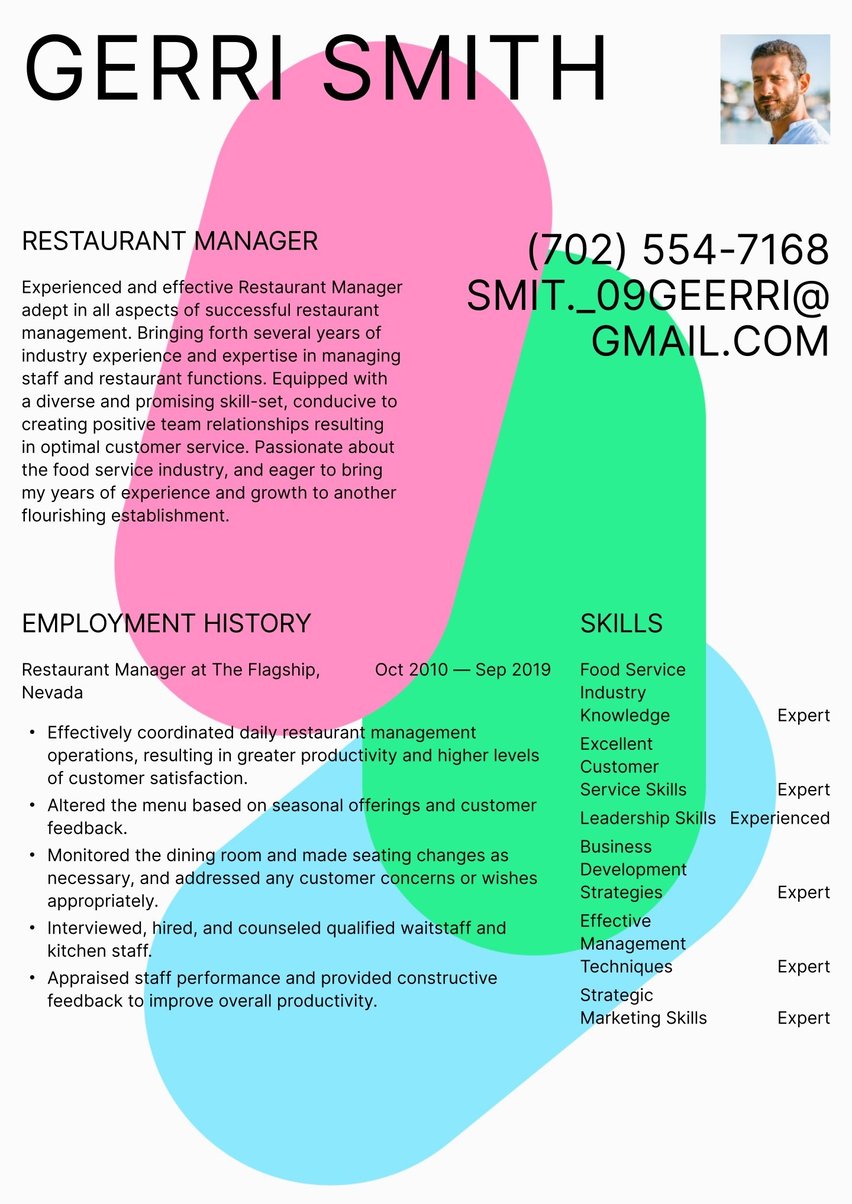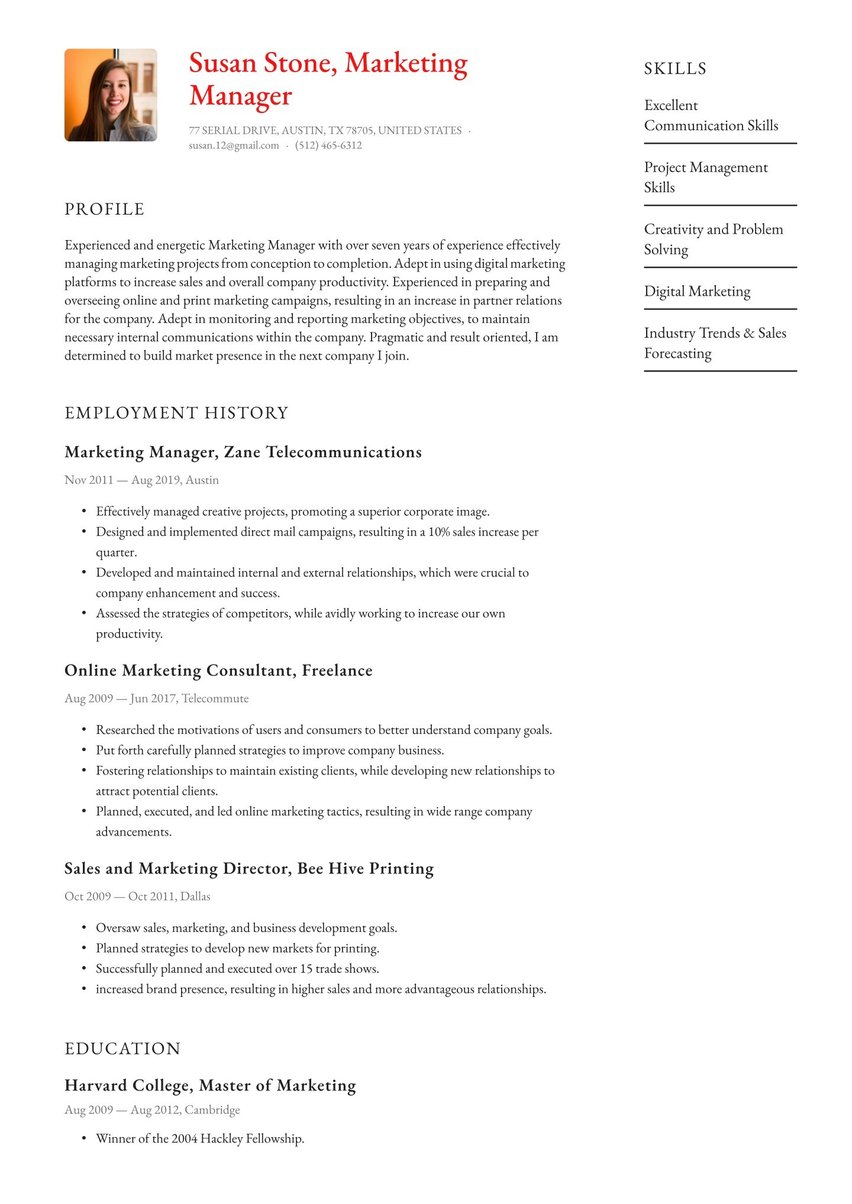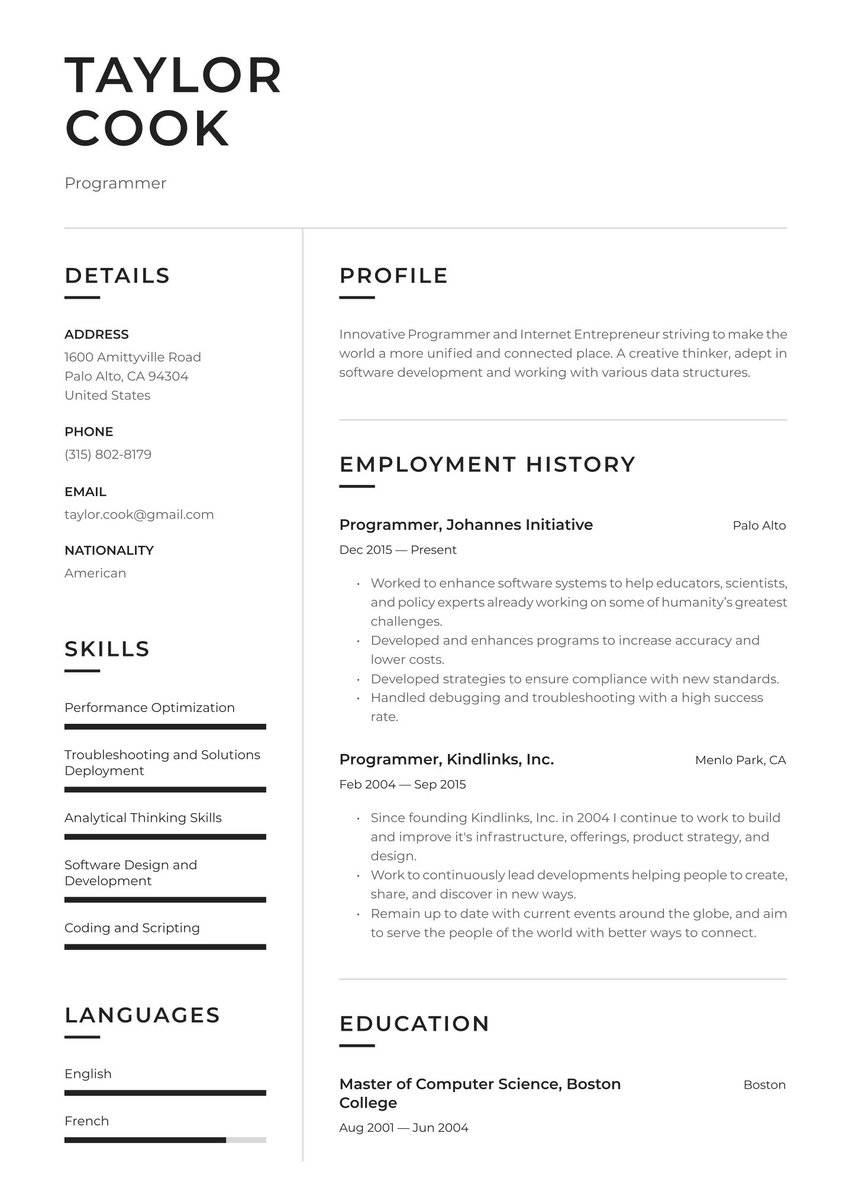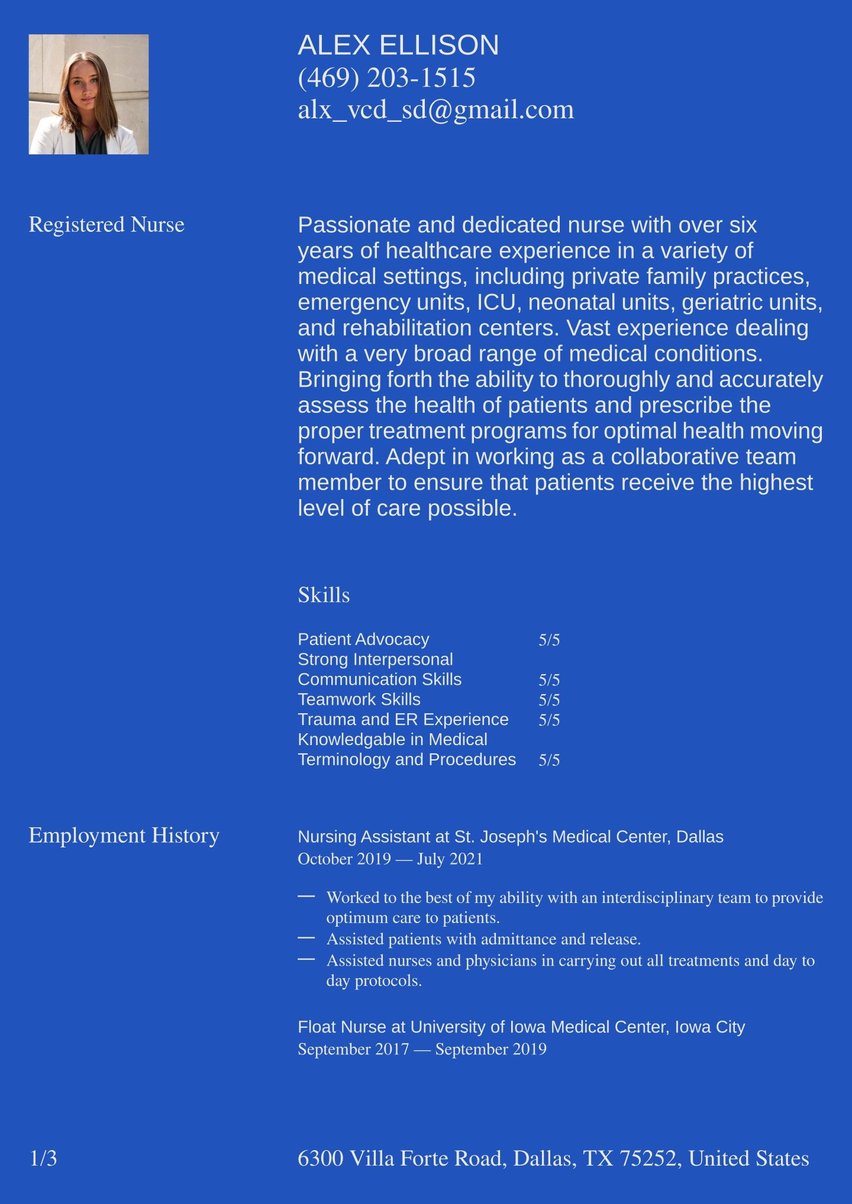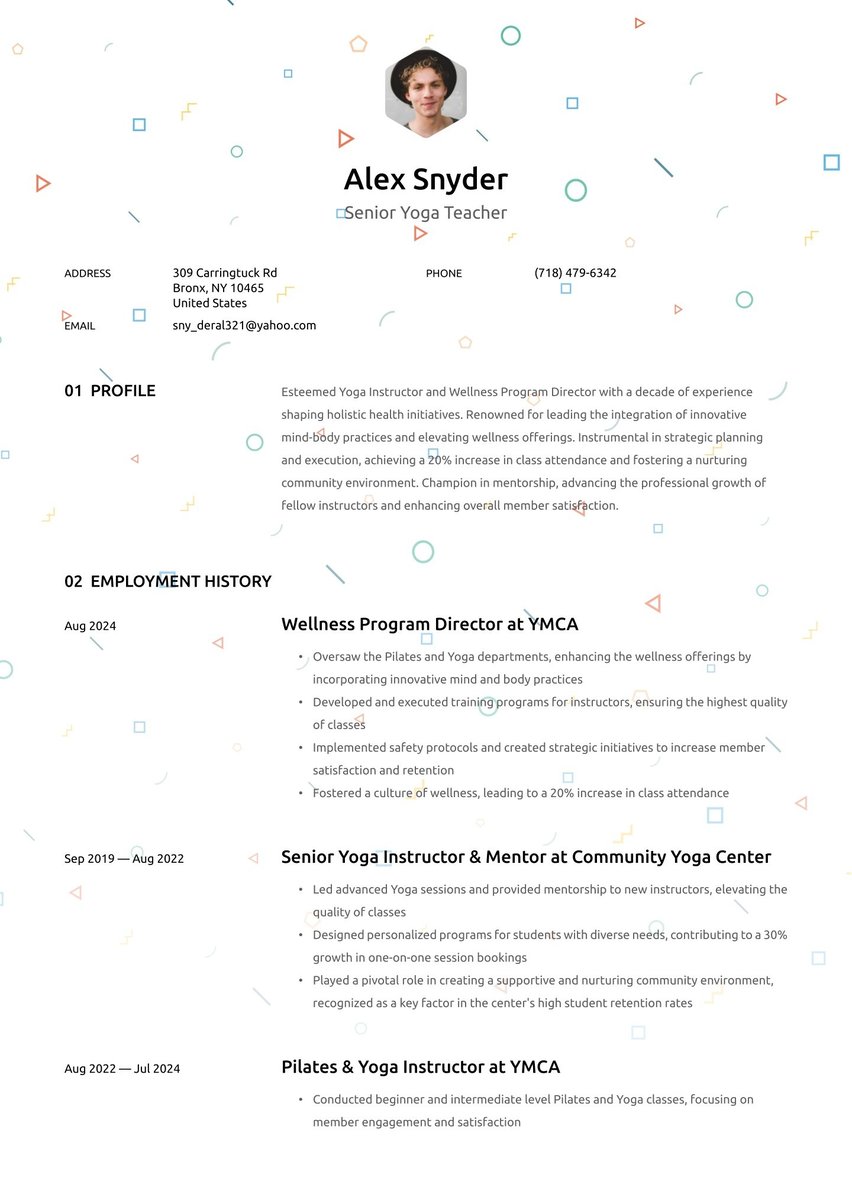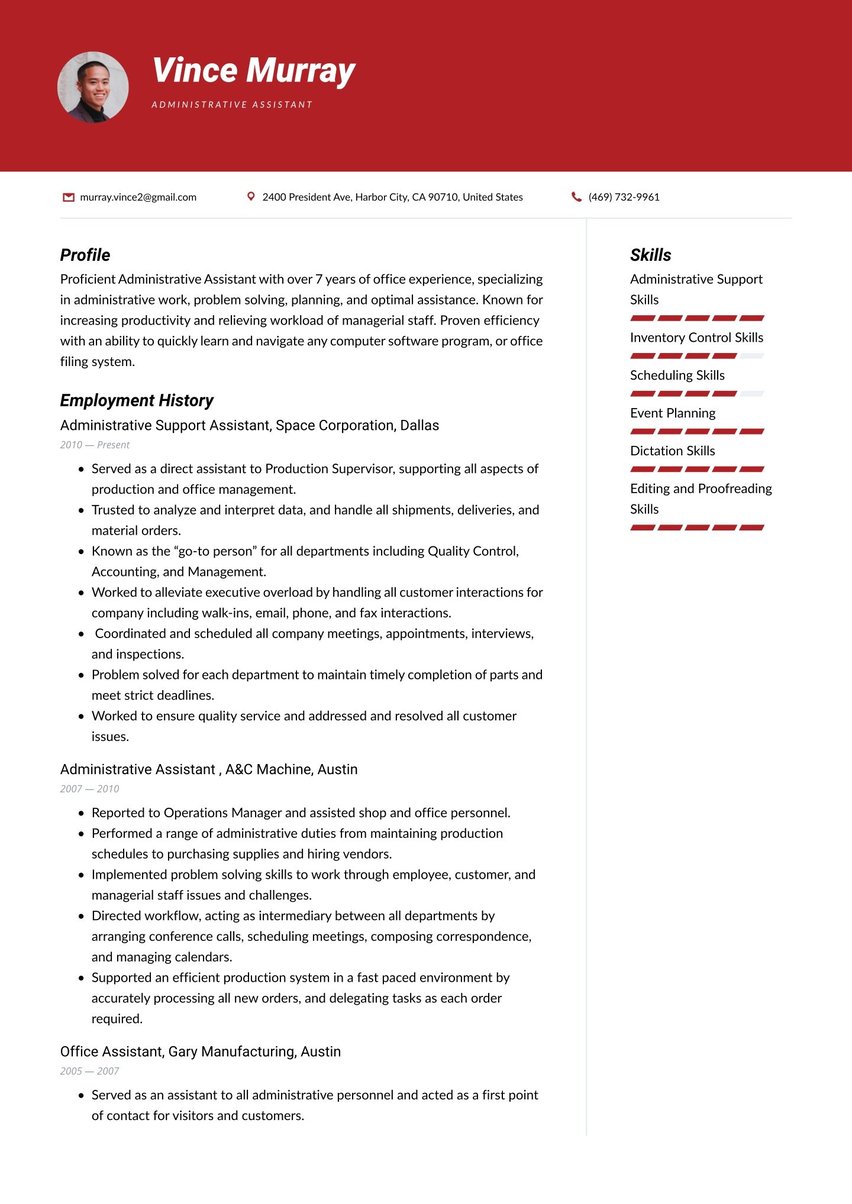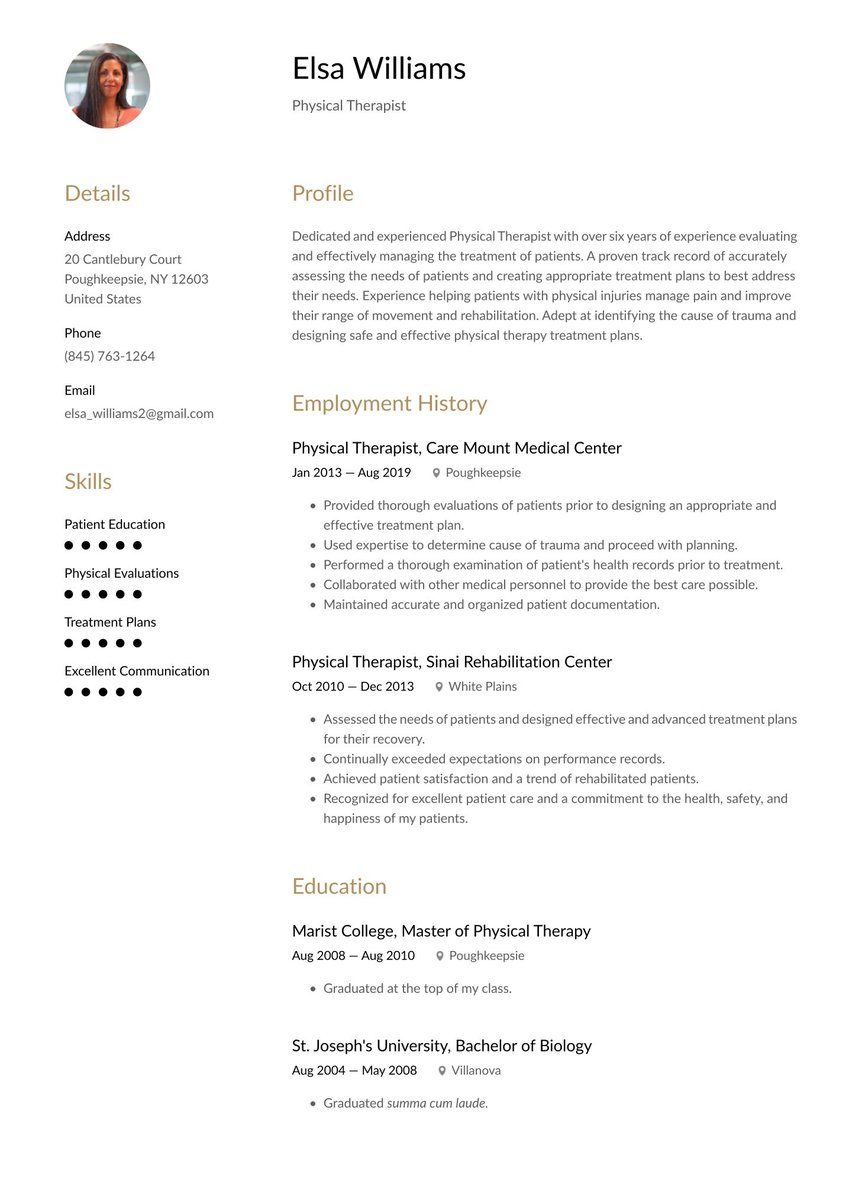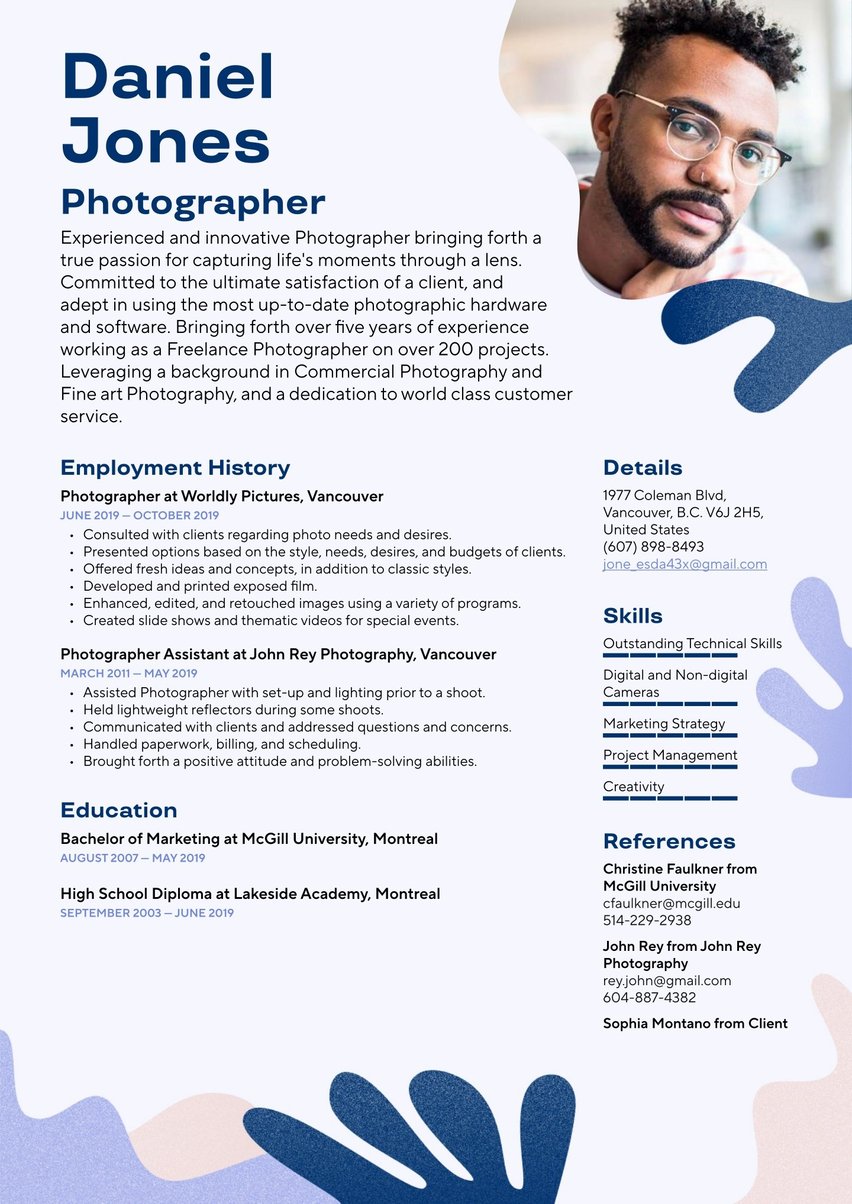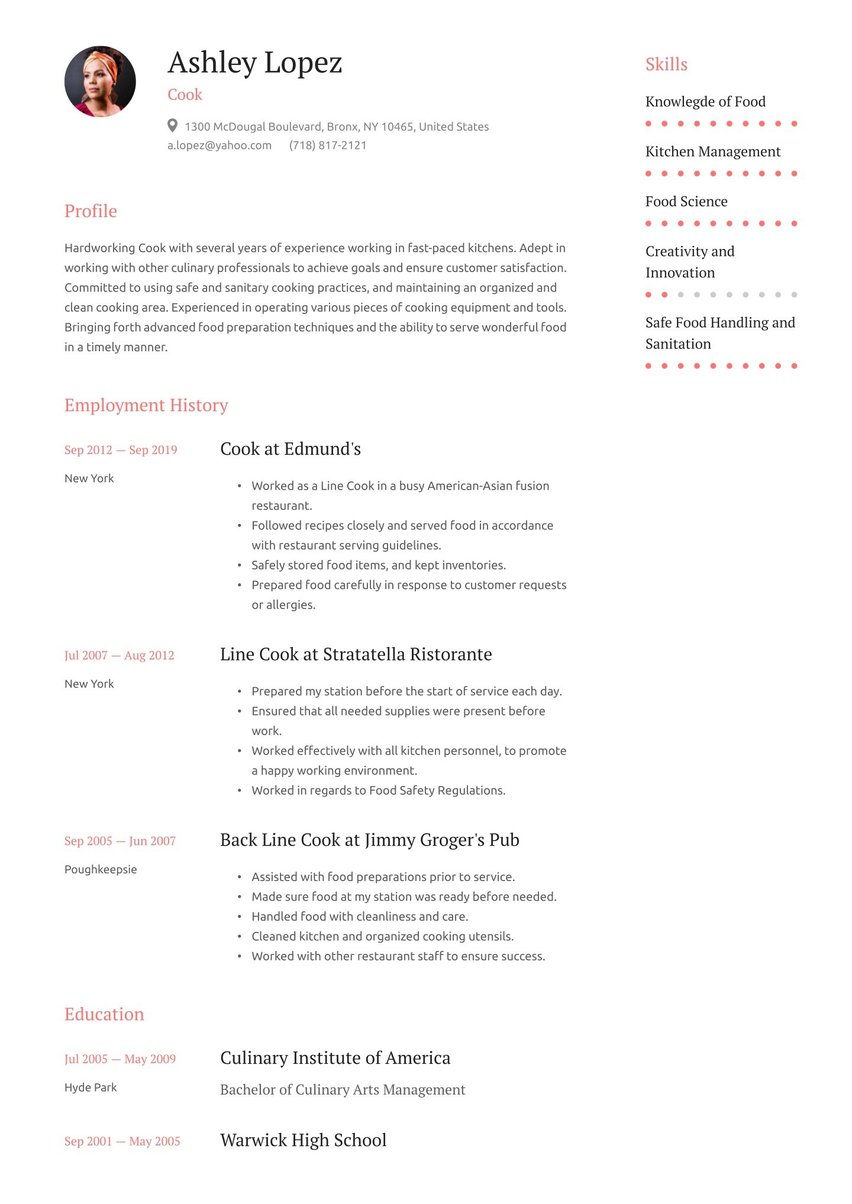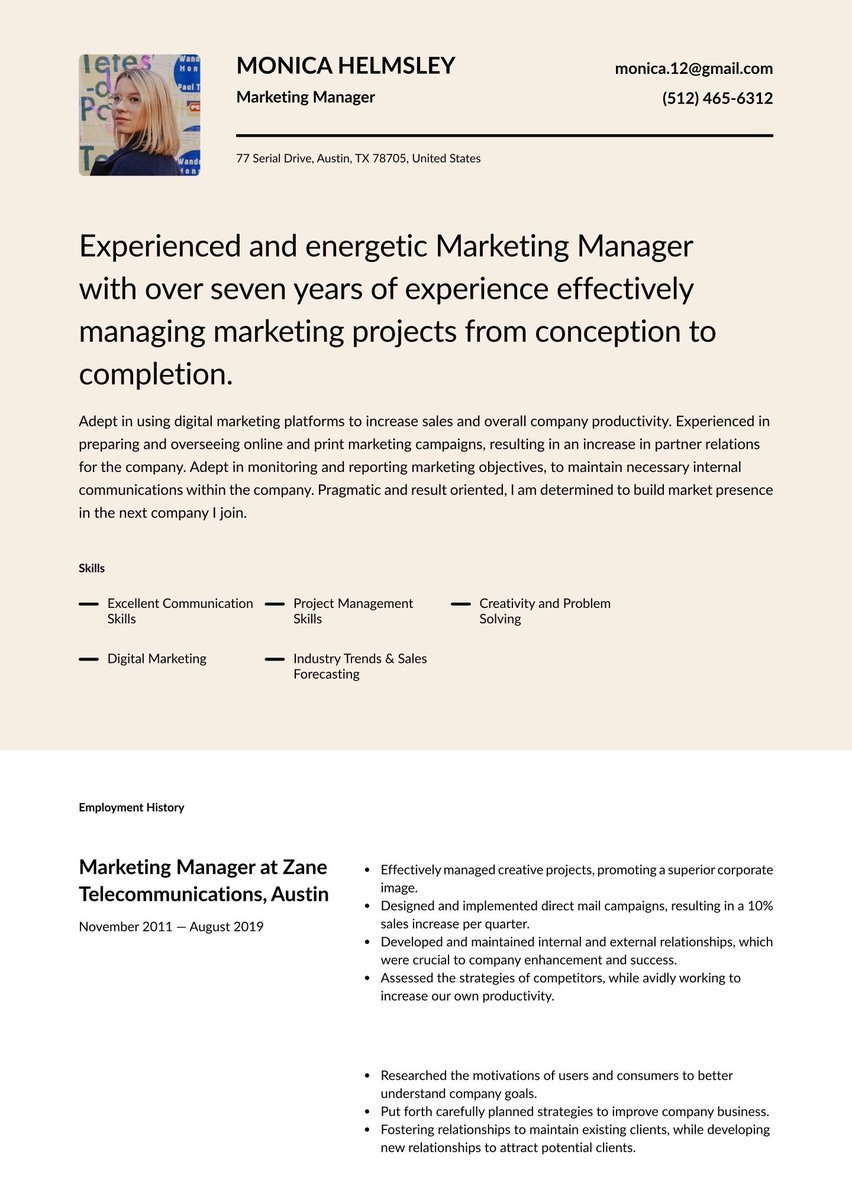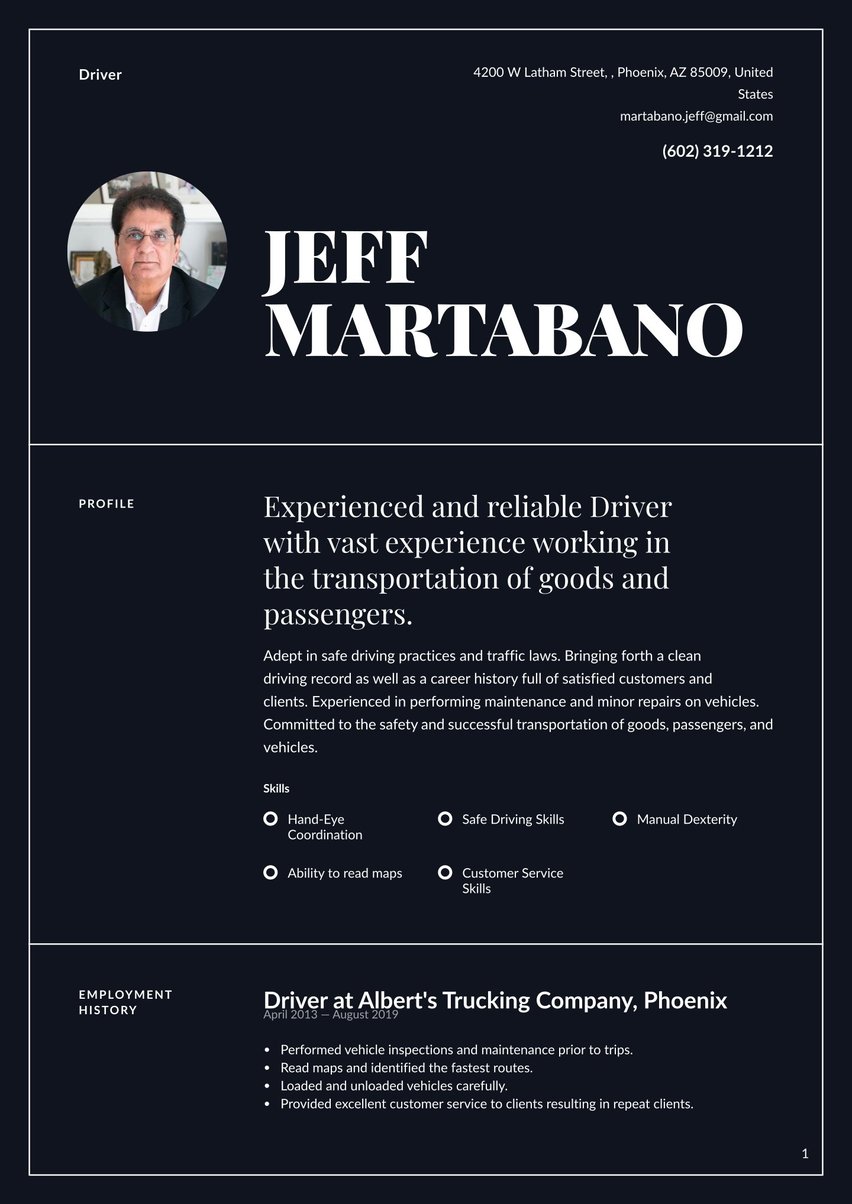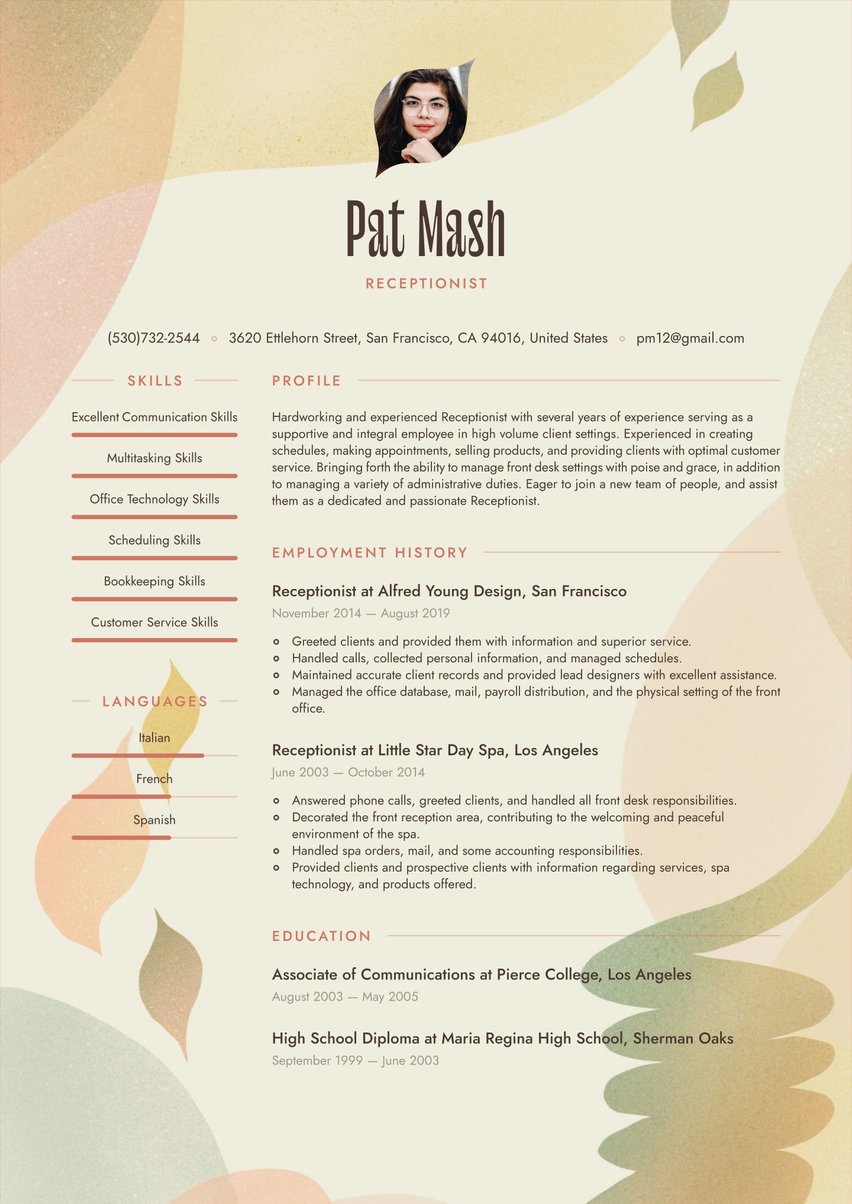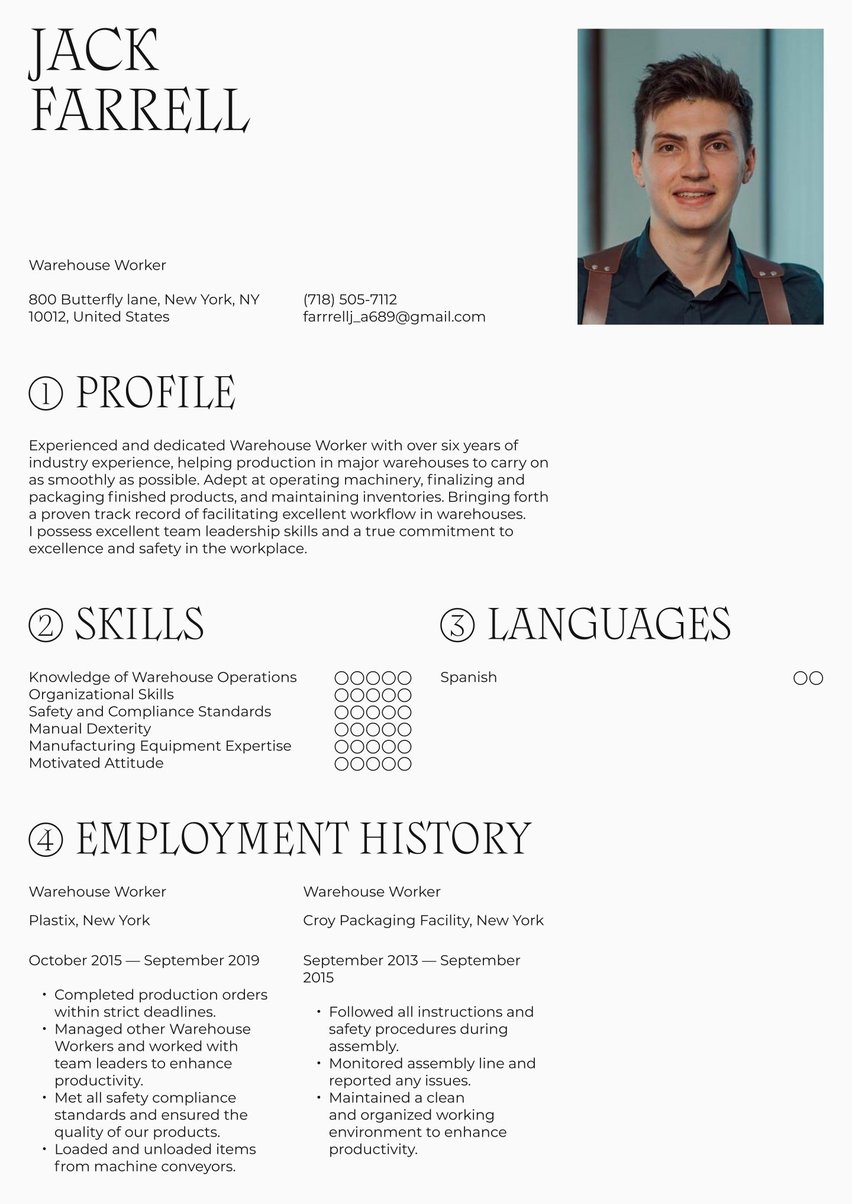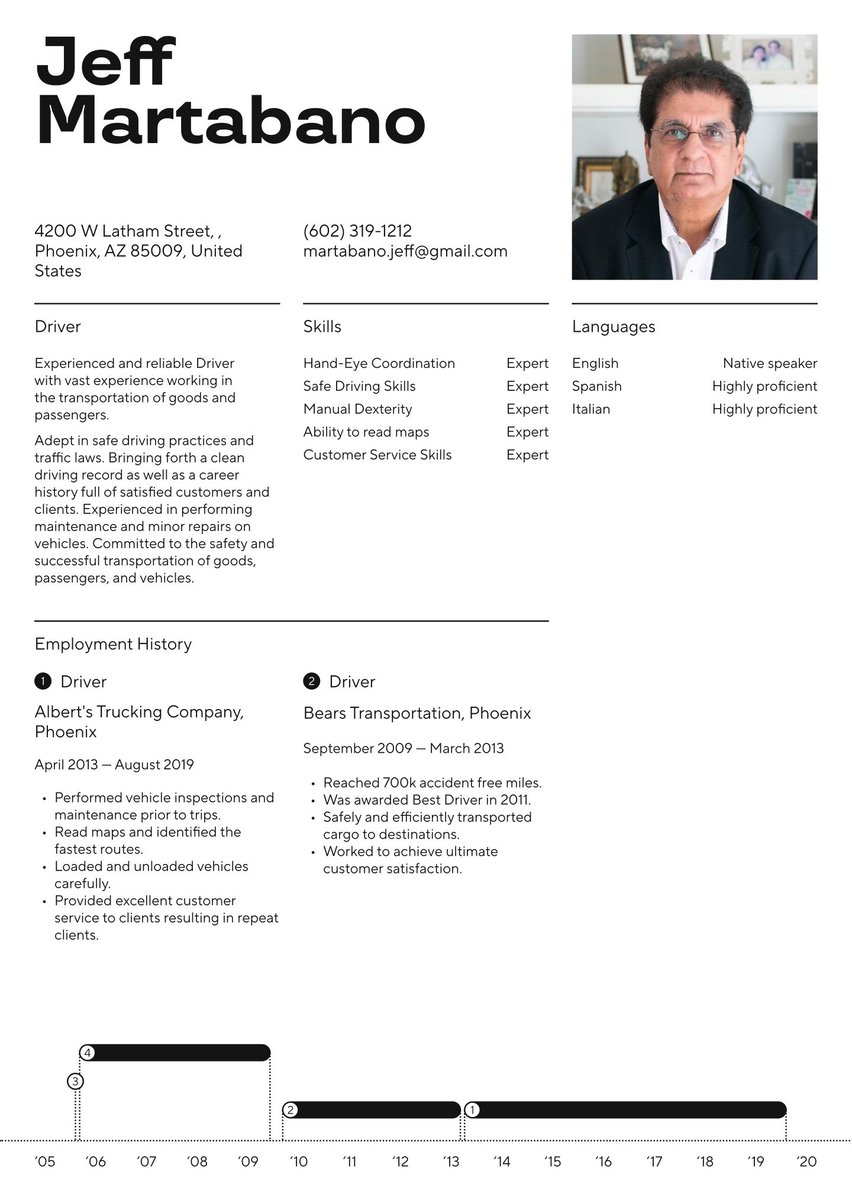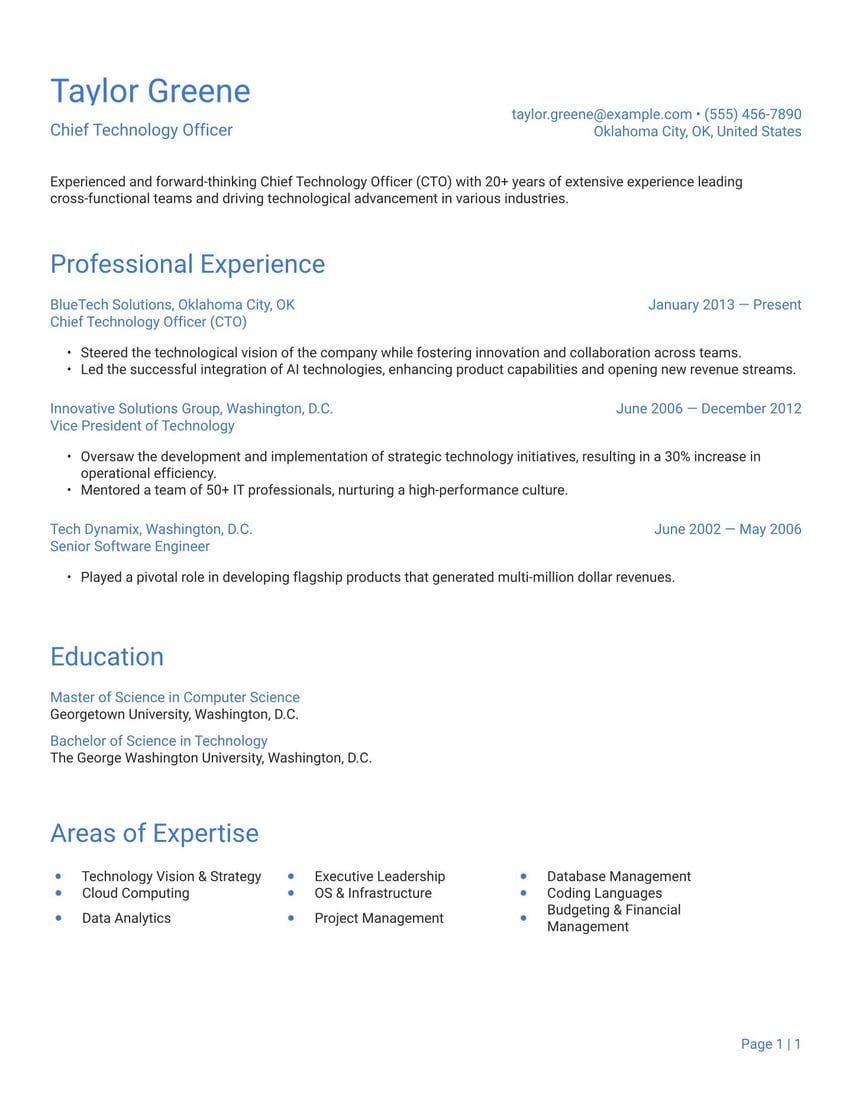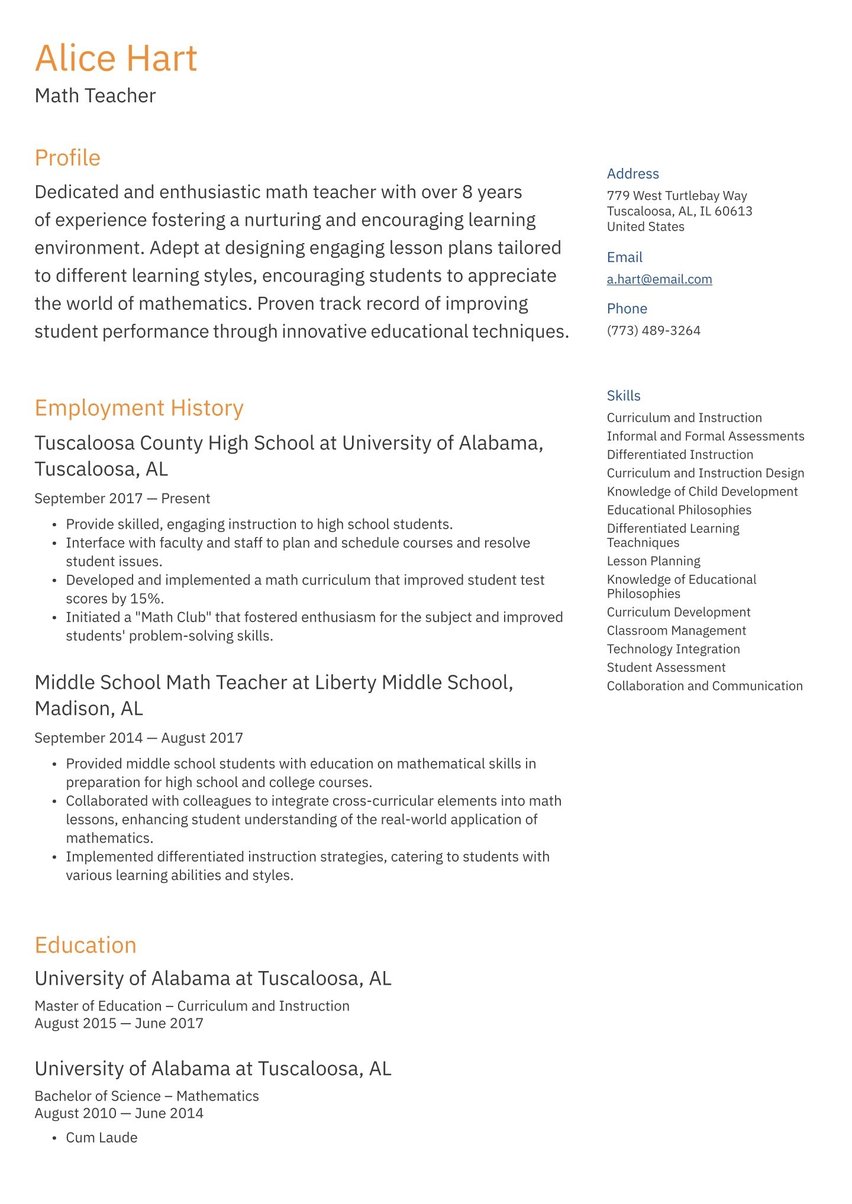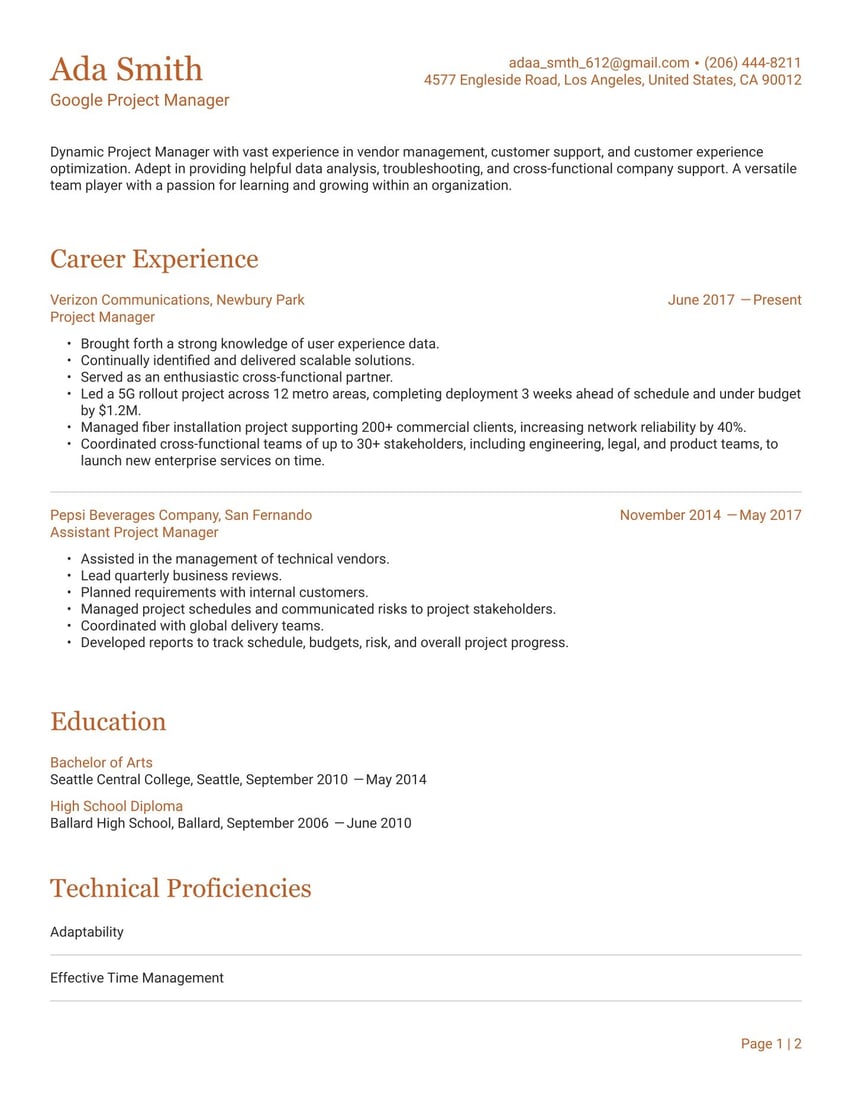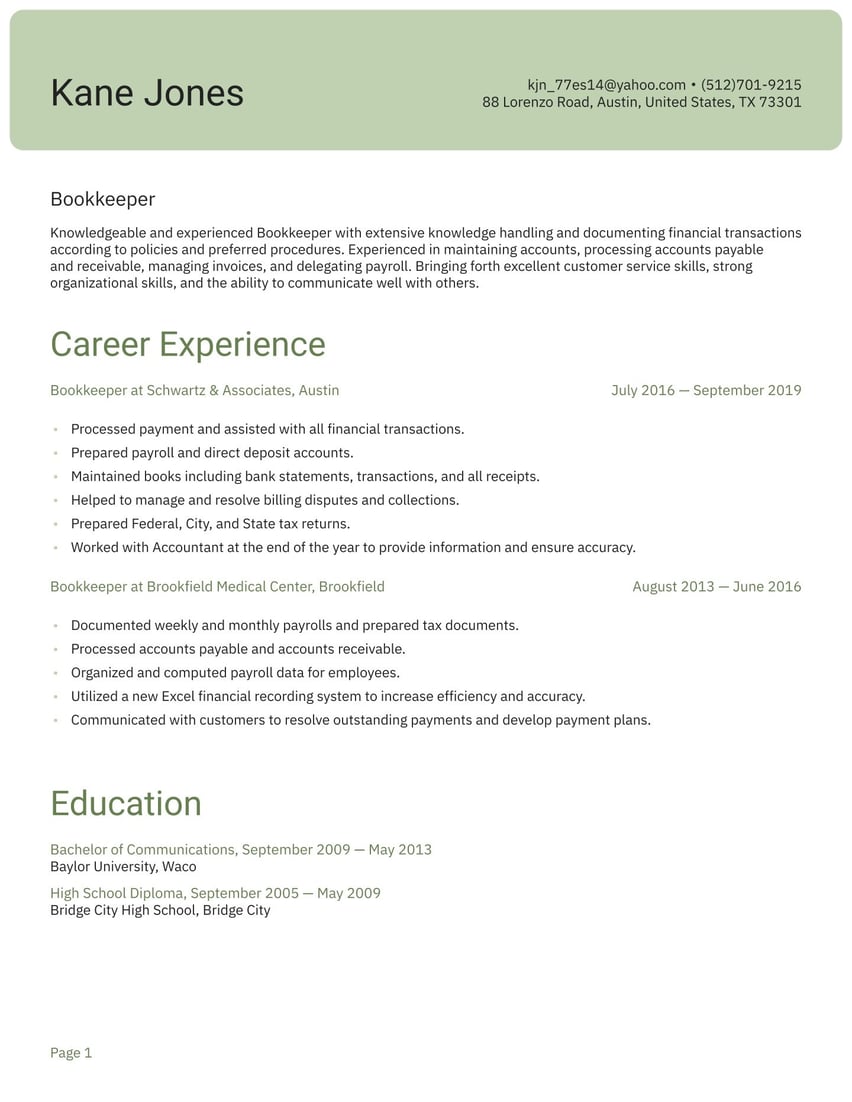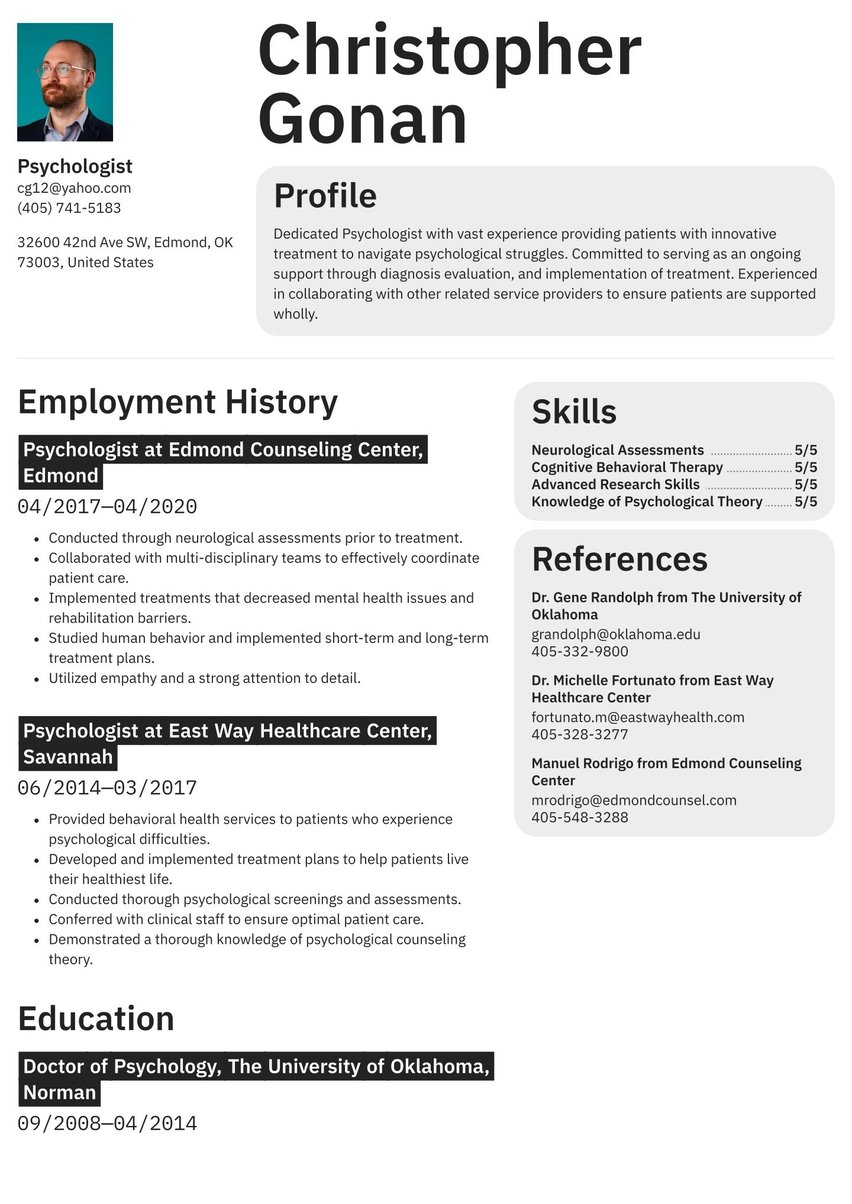Ambitious and driven professional with a master's degree in Public Health seeking a position as a Health Policy Analyst at the Children's Hospital of Philadelphia to contribute to the development and implementation of policies that improve pediatric healthcare access and outcomes.
09/2019 - 05/2020, Graduate Research Assistant, Center for Health Incentives and Behavioral Economics, Philadelphia
- Conducted quantitative and qualitative research on the effectiveness of behavioral interventions in promoting healthy behaviors among children and adolescents
- Assisted in the preparation of grant proposals, research reports, and presentations for academic conferences and stakeholder meetings
- Collaborated with a multidisciplinary team of researchers, clinicians, and policymakers to translate research findings into actionable policy recommendations
06/2019 - 08/2019, Public Health Intern, Philadelphia Department of Public Health, Philadelphia
- Supported the development and implementation of community-based health education programs focused on chronic disease prevention and management
- Analyzed public health data to identify health disparities and inform targeted interventions for high-risk populations
- Assisted in the preparation of policy briefs and presentations for senior leadership and external partners
08/2018 - 05/2020, Master of Public Health (MPH), Perelman School of Medicine, Philadelphia
09/2014 - 06/2018, Bachelor of Science in Biology, College of Arts and Sciences, Philadelphia
- Health policy analysis and development
- Public health research and evaluation
- Data analysis and visualization (SPSS
- ArcGIS)
- Grant writing and project management
- Stakeholder engagement and collaboration
A great resume is like a perfect undergraduate GPS, it makes admissions officers take notice immediately. Without it, you could be relegated to the waitlist. A transcript tells some of the story, but a compelling master’s resume can get you an interview for your master’s program ahead of the crowd.
Master's resume examples by experience level
Why do you need a master's resume, also known as a CV or curriculum vitae, with your transcript and essays? To show your talent, passion, and achievements to date.
Every edge helps when you’re trying to gain admission to a competitive master’s program. Your career growth depends on taking the next step, and to impress the admissions committee, you need to sell them on your value to the program and the prestige you will bring to the university in the future. Before your interview, the admissions officer will make a determination about you based on your application documents. Make sure they shine with a dynamic master's resume.
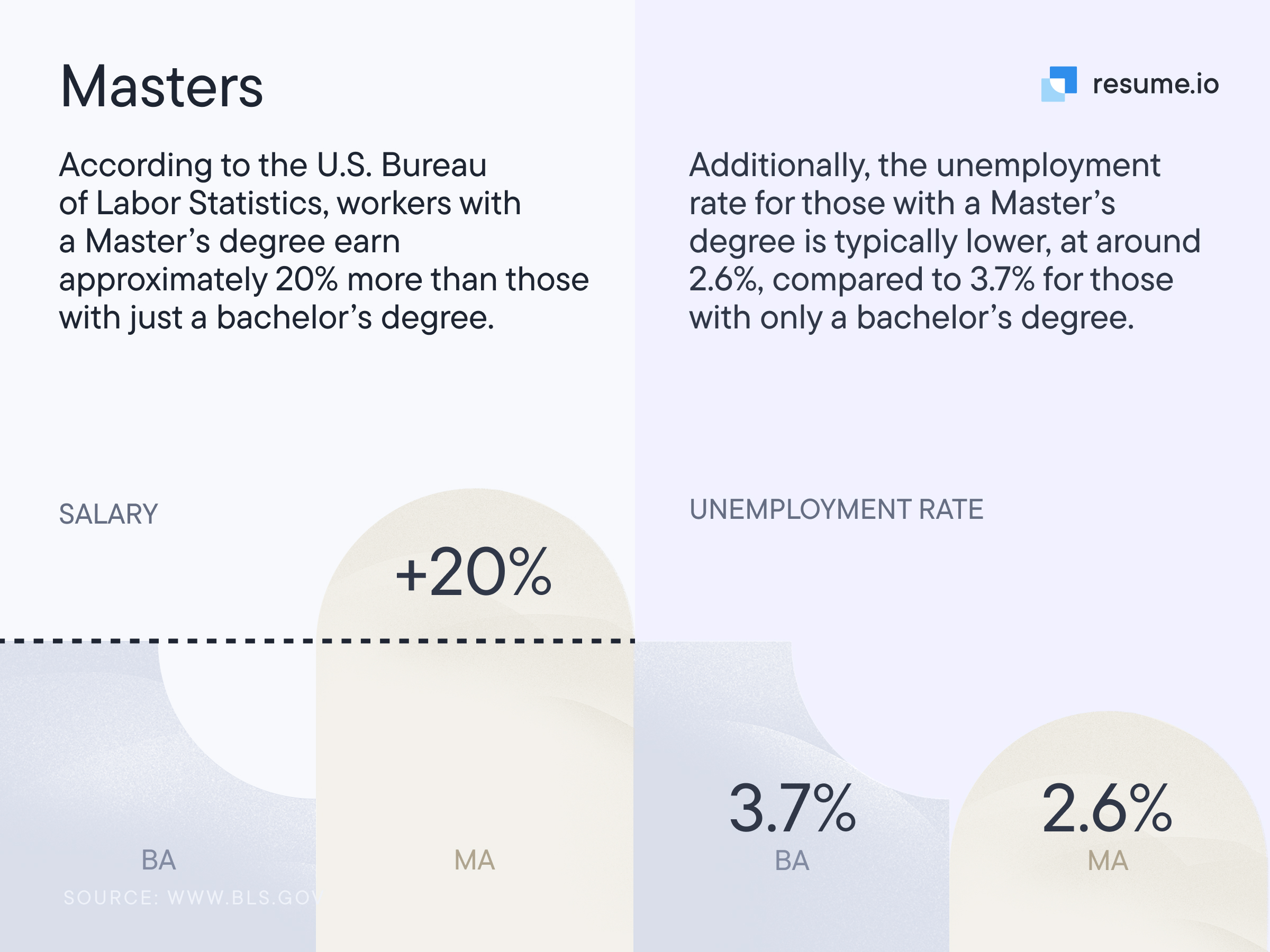
Resume guide for a master’s resume
Get closer to campus with Resume.io. Among our 500+ guides and resume examples you’re likely to find one in your field. When you’re ready to start writing, our resume builder makes creating a compelling resume easier than ever.
This resume guide and corresponding sample CV for a master’s application will cover the following:
- How to write a master's resume
- Choosing the right resume format for a master's degree program
- How to add your contact information
- Using summaries
- Adding your experience
- Listing education and relevant experience
- Picking the right resume design/layout
- master's degree overview and salary advantage

How to write a master’s resume
Just like a good thesis paper, a master's resume needs a solid structure. Here are the elements you need to include:
- The resume header
- The resume summary (aka profile or personal statement)
- The employment history section
- The resume skills section
- The education section
Colleges and universities want candidates who can bring future accolades to their institution. Sell them on your potential by understanding the department’s philosophy and how your area of interest will add to the body of knowledge in your field. Your unique ideas and successes will help you stand out in the crowded field of applicants.
To strengthen your argument for admissions, create a resume that:
- Highlights your achievements to date. If you’re already working in the field, focus on career successes, not the daily tasks of your job. If you just graduated, showcase your academic career.
- Remember that each master's resume you send out should be revised to suit the tone and philosophy of the school. Understand what each program wants and emphasize those traits and skills.
- You may be a student, but present a professional image with a master’s resume template that’s organized and easy to read.
- When you input your resume into the online application form, make sure you include keywords that will help you pass through the ATS filtering software.
Optimize for the ATS
The ATS, or Applicant Tracking System, applies an algorithm to resumes to rank them and decide which should move on in the process. These algorithms are partly based on keywords pegged to the program. To make it into the hands of an admissions officer, make sure you take this factor into account.
For example, the master's program requires:
- “A bachelor’s degree from an accredited university”
- “A GRE score of at least 318”
- “A GPA of 3.7 or higher”
Your master's resume summary that takes into account keywords could read:
“Recent graduate with bachelor of arts in international relations from Brandeis University seeking to further my education in a master's program of excellence. GRE score of 328 and GPA of 3.9 in all courses, with 4.0 in all international relations courses. Focus on U.S.-Russian relations in the 20th century.”
Choosing the right resume format for a master's candidate
Your resume needs to showcase your academic skills and your readiness for the next step. Do so with a professional, clear, and engaging format.
The best format for most resumes is reverse chronological, a format that focuses attention on the employment history section, listed in reverse chronological order. This format is designed to take a recruiter through your career, step by step. Below is an example of this format.
Reverse chronological may be right for a professional returning to school after a gap, however, if you hope to move straight from undergraduate into a master's program, an alternate format that highlights your education may be a better option. A functional format focuses more on skills and less on employment history. Or choose a hybrid format, which will provide flexibility to expand the sections that best accentuate your qualifying accomplishments.
We offer resume templates in all formats our resume builder. They are available as resume examples you can peruse.
Include your contact information
An interview with the admissions committee can make all the difference, but if they don’t reach you quickly, they may move on.
Present all your data professionally and clearly in your header.
- Full name and title. List your first and last name. Use the title of the program you seek entry into.
- Professional email address. Use a clean format like firstname.lastname@gmail.com. Don’t use your current student email because you will be locked out at graduation and you don’t want to miss any correspondence.
- Phone number. List a number where you can be readily contacted, with a professional voicemail greeting.
- Location. List only your city and state. Don’t list street address or zip code, especially since you may be moving anyway.
- LinkedIn or other social media. If you’re a working professional with an active and relevant LinkedIn profile, include it here. Any other professional social media, including a portfolio of your academic work, may also be included.
Don’t include:
- Date of birth: Not necessary and could potentially lead to age discrimination.
- Personal details: Marital status, social security number, passport number, etc.
Allana Gordons
Master of Science in Chemistry
allana-gordons@gmail.com
(747) 304-3050
Encino, CA
www.allana-gordons-pubs.edu
Mrs. Allana Gordons
Bachelor of Science in Chemistry
allana-gordons@gmail.com
(747) 304-3050
Encino, CA
www.allana-gordons-pubs.edu
Make use of a summary
When you present yourself as a student or expert in your field, what do you say that gets others to value your opinion? Is it something like “I’ve been a finance analyst for XYZ Company for three years and have honed my expertise in the commercial package delivery industry”?
That one sentence says a lot about your credentials. The summary does the same for your master's resume. In 2-3 sentences, pinpoint exactly why you should get a slot in the program of your choice and what you will bring to the university.
Employ action verbs such as earned, researched, interviewed, collaborated, conducted, and any others related to actions in your field to demonstrate your successes. Your summary is like the abstract of your thesis. It doesn’t repeat your academic or employment history, but provides a crystallization of all you have achieved. For example, “Registered nurse with five years of experience in busy ER ready to step into leadership role as Clinical Nurse Leader through Master of Science in Nursing.”
Need inspiration for your summary? Check out our related resumes:
You can find adaptable master's resume examples summary below:
Newly minted bachelor of arts in art history from Syracuse University, passionate about mid-century modern art seeks to enhance my knowledge and expertise through MFA program at prestigious Yale University. Senior honors thesis titled, “Mid-Century Modernists’ Influence on Today’s Grafitti Art,'' earned Top 10 Thesis award.
Mid-career industrial engineer with 7 years of experience creating efficiencies in manufacturing systems eager to develop my foundational management skills in MBA program. Graduated from University of Texas-Austin with bachelor of engineering degree with minor in data analysis.
Seasoned marketing manager ready to take on new challenges through retraining in master's of Data Science program. Experience with data collection and analysis leading to the development of complex marketing plans. Bachelor of arts degree in marketing with minor in statistics from UCLA.
Outline your academic and work experience: masterful successes
Often, professionals decide they need an advanced degree to advance their careers. In these cases, the employment history section is a strong selling point. You already have a wealth of knowledge in your profession and you’re ready to learn more.
Beginning with your current or most recent employer, list your jobs, dates of employment and the location of the company. Develop a description of your achievements in each role by starting off with a strong verb and following it up with the details of the results you achieved through your actions and ideas.
Sometimes, workers are looking to change careers and retrain in a master's program. In that case, focus on the skills you used in your current career that will make your transition easier and your earlier academic achievements.
Students moving directly from undergraduate work should focus on the education section, but also include any work experience that shows your dedication to the field or other valuable qualities such as organization and communication.
This list below falls short of the goal:
- “Completed all requirements for bachelor of arts degree.”
- “Wrote thesis titled, “The impact of subway transportation in Los Angeles.”
- “Graduated with honors.”
These phrases merely list the basic requirements for graduation, but don’t elevate the student’s academic achievements. These items don’t even specify what the writer’s major was. When competing against hundreds of other master's degree hopefuls, each phrase in a resume must tell the admissions committee why they should offer you a spot in the program.
Instead of these basic tasks, highlight what makes you an excellent candidate by showcasing your academic successes and the unique perspective on topics of interest in your field of study that you will bring to the program.
Take a look at the enhanced items below:
- “Graduated magna cum laude with bachelor of arts degree in geography.”
- “Investigated public transportation impact through deep research and personal interviews.”
- “Earned top accolades for thesis titled ‘The impact of subway transportation in Los Angeles: Congestion, commute times, and environment.’”
Take a look at the master's employment history resume sample below:
Graduate Research Assistant at Center for Health Incentives and Behavioral Economics, Philadelphia
September 2019 - May 2020
- Conducted quantitative and qualitative research on the effectiveness of behavioral interventions in promoting healthy behaviors among children and adolescents
- Assisted in the preparation of grant proposals, research reports, and presentations for academic conferences and stakeholder meetings
- Collaborated with a multidisciplinary team of researchers, clinicians, and policymakers to translate research findings into actionable policy recommendations
Public Health Intern at Philadelphia Department of Public Health, Philadelphia
June 2019 - August 2019
- Supported the development and implementation of community-based health education programs focused on chronic disease prevention and management
- Analyzed public health data to identify health disparities and inform targeted interventions for high-risk populations
- Assisted in the preparation of policy briefs and presentations for senior leadership and external partners
Include the relevant key skills that make you a great master's candidate
Both hard and soft skills add to your value as a master's candidate. Curate a skills list that gives admissions officers an at-a-glance overview of your academic and professional attributes.
Hard skills are those that you have already learned in school or on the job. Research, academic writing, computer, and technical skills, or language fluency are advantages in your master’s degree application.
Interpersonal, or soft skills like communication, public speaking and presentation, collaboration, and analytical thinking all enhance a student’s ability to thrive in an academic environment.
The resume builder offers several pre-written key skills to choose from with proficiency ranges you can set. You can also write in your skills.
Here’s what the skills box looks like in our master's resume template.
- Health policy analysis and development
- Public health research and evaluation
- Data analysis and visualization (SPSS, ArcGIS)
- Grant writing and project management
- Stakeholder engagement and collaboration
A skills list provides a convenience for the admissions committee, but they will want to know how you use those skills. Throughout your entire master's resume, highlight your skills with quantifiable actions and results.
For example, within your summary and academic or work history sections, focus attention on your:
- Leadership and collaborative skills by detailing a group project you led
- Research expertise, by explaining how you discovered the data for a thesis or other academic or professional project
- Technical skills by naming the program you used to create a presentation for your department
Detail your education & relevant certifications
The education section takes on added significance when applying for a master's program, especially if you are moving directly from your undergraduate program. Feel free to move this section above your work history to emphasize your academic achievements.
Typically, we suggest that you don’t include your GPA, but a master's resume is the exception. Definitely include your GPA as it is probably a requirement of the application.
You may also expand this section to include:
- Academic publications and theses. Any research papers, published expert opinions or writing that supports your knowledge makes you a more impressive candidate.
- Internships. If you worked in your field as part of your academic program or as a summer or part-time job, add that here. If it was a professional position, include it in your work history.
- Professionals development. Any groups, clubs, or organizations you participate in show your dedication to your field and to learning.
Undergraduate students and career changers should remember that a functional resume format may be a better option for highlighting all your academic successes.
Special sections
If you have a wealth of research work or academic publications, consider creating a “Research and Publications” that will draw immediate attention to your achievements.
Master of Public Health (MPH), Perelman School of Medicine, Philadelphia
August 2018 - May 2020
Bachelor of Science in Biology, College of Arts and Sciences, Philadelphia
September 2014 - June 2018
Pick the right resume layout and design for a master's resume
The layout and design of your resume present the first visual impression to the admissions committee. Think carefully about what image you want to stay with them as they read through the pile of applications before them.
Many of your design and layout decisions will depend on your area of expertise. A graphic design master's resume should use a more creative template than one for an MBA, for example.
Here are some general rules of thumb to stick to as you choose and personalize a template:
- Choose a font that’s easy to read and sized at 10.5-12 points.
- Leave margins of one inch all around unless you need to squeeze in one line and then you can fudge it a bit.
- If you use color, keep the tone muted and make sure it doesn’t detract from readability.
- Avoid pictures or graphics.
- Design a header with your name as the largest type on the page.
Remember, above all, to keep it professional with a bit of flare so the admissions officer remembers your application.
While we can’t take all the work out of creating your resume, we can smooth the path with field-tested resume templates that do all the formatting for you.
Master's text-only resume example
Profile
Ambitious and driven professional with a master's degree in Public Health seeking a position as a Health Policy Analyst at the Children's Hospital of Philadelphia to contribute to the development and implementation of policies that improve pediatric healthcare access and outcomes.
Employment history
Graduate Research Assistant at Center for Health Incentives and Behavioral Economics, Philadelphia
September 2019 - May 2020
- Conducted quantitative and qualitative research on the effectiveness of behavioral interventions in promoting healthy behaviors among children and adolescents
- Assisted in the preparation of grant proposals, research reports, and presentations for academic conferences and stakeholder meetings
- Collaborated with a multidisciplinary team of researchers, clinicians, and policymakers to translate research findings into actionable policy recommendations
Public Health Intern at Philadelphia Department of Public Health, Philadelphia
June 2019 - August 2019
- Supported the development and implementation of community-based health education programs focused on chronic disease prevention and management
- Analyzed public health data to identify health disparities and inform targeted interventions for high-risk populations
- Assisted in the preparation of policy briefs and presentations for senior leadership and external partners
Skills
- Health policy analysis and development
- Public health research and evaluation
- Data analysis and visualization (SPSS, ArcGIS)
- Grant writing and project management
- Stakeholder engagement and collaboration
Education
Master of Public Health (MPH), Perelman School of Medicine, Philadelphia
August 2018 - May 2020
Bachelor of Science in Biology, College of Arts and Sciences, Philadelphia
September 2014 - June 2018
Master's degree outlook
A master's degree is an investment in your future. Depending on your career, They can help you start your career a step above entry-level, thereby earning more money from the start. You can also begin networking and building a professional network.
- By 2021, 24.1 million Americans, or 13% of the workforce, had earned a master’s degree.
- A master’s degree or higher increases employability by 2%.
- Workers with master’s degrees are 109% more likely to own a home than those with bachelor’s degrees.
What type of salary advantage you can expect with a master’s degree
Workers with a master’s degree started their careers with an average salary of $72,105 in 2021, while those with a bachelor’s degree started at $58,862. That’s a 22.5% difference, down from down from 31.8% in 2017.
Key takeaways for building a master’s resume
Earning a master’s degree gives you a leg up in the job market no matter why you’re pursuing it. When you’re ready to advance your knowledge in your field, you need a master’s resume that skillfully combines your academic and professional know-how to impress the admissions committee that will judge your candidacy.
Get ready for the academic admissions season with our online resume builder to help you craft an application that earns you that interview.


.jpg)

.jpg)
















